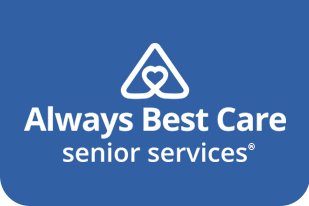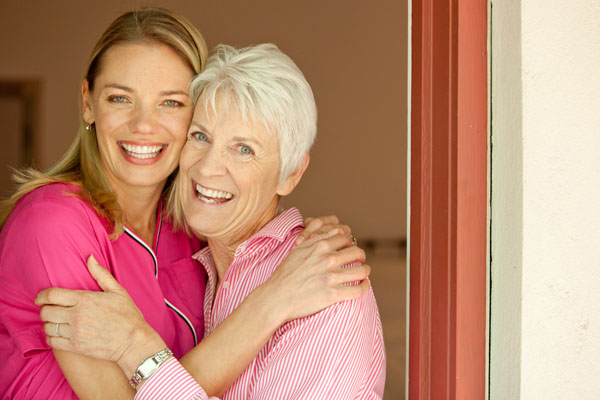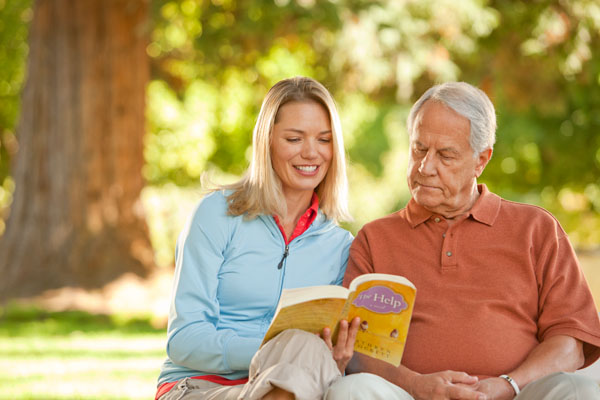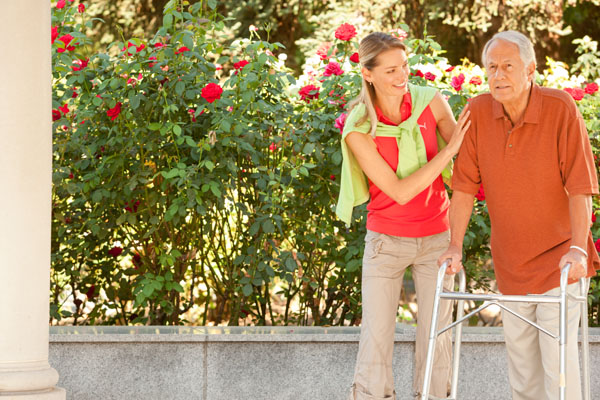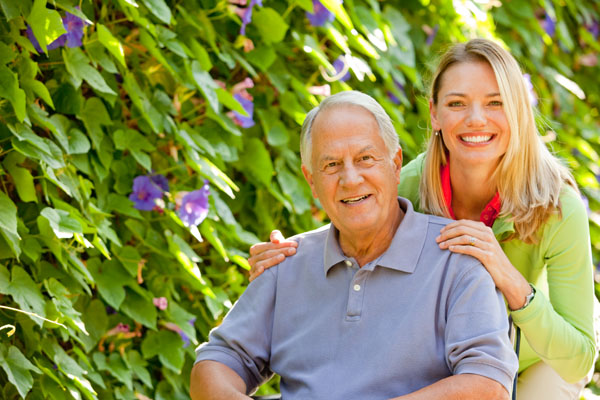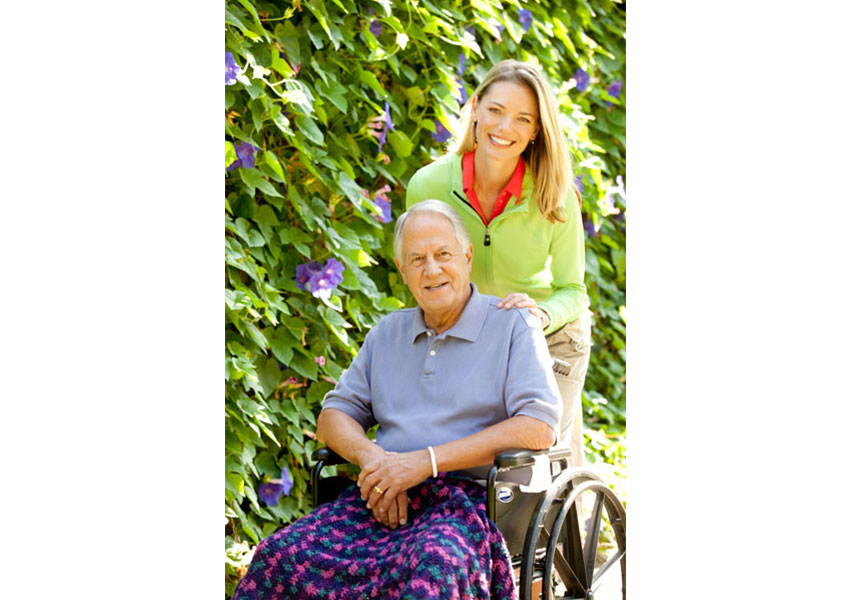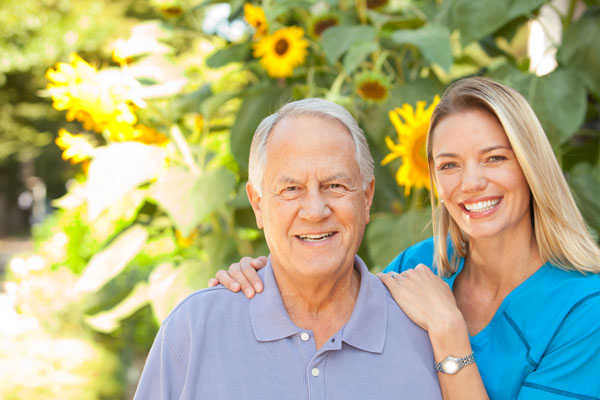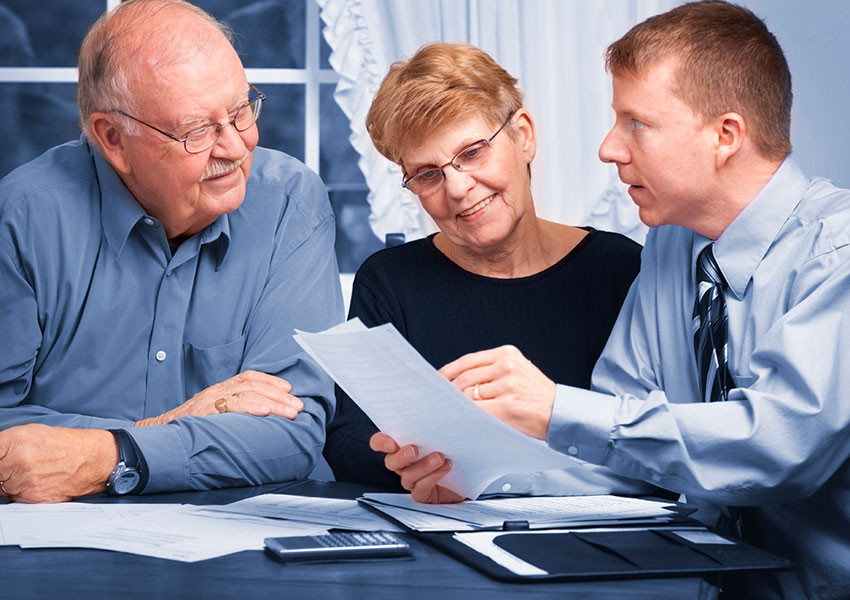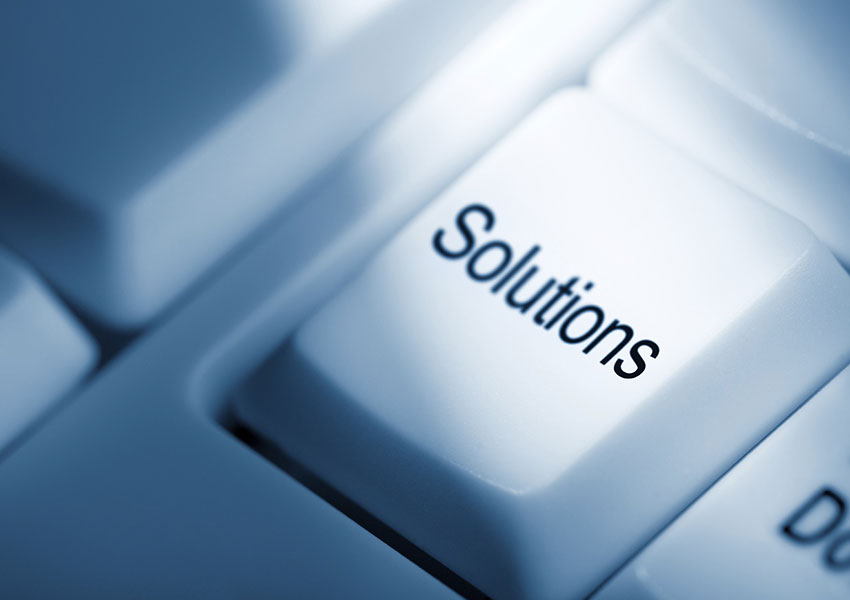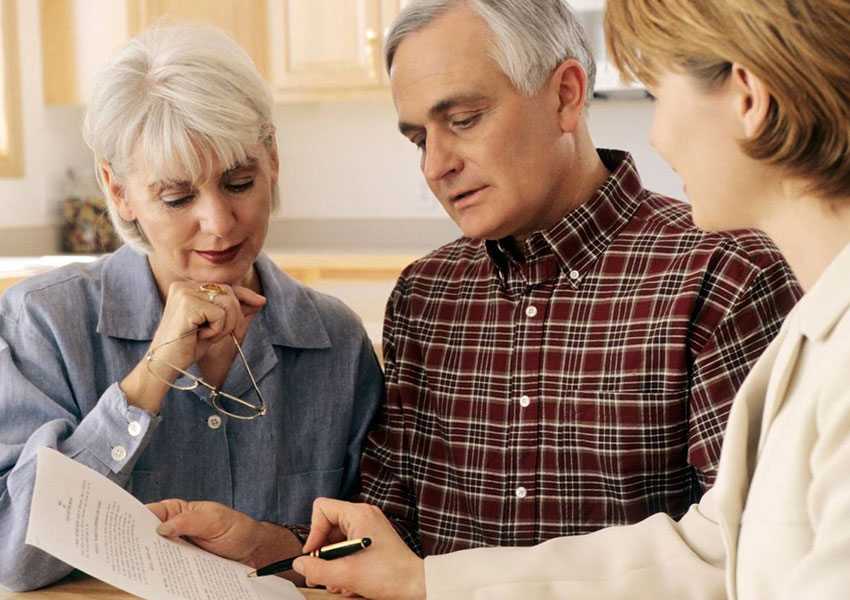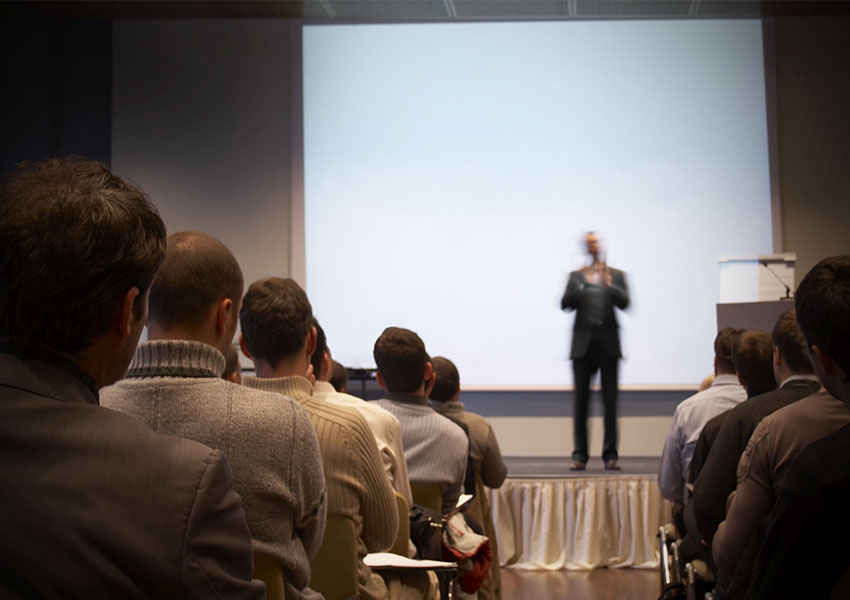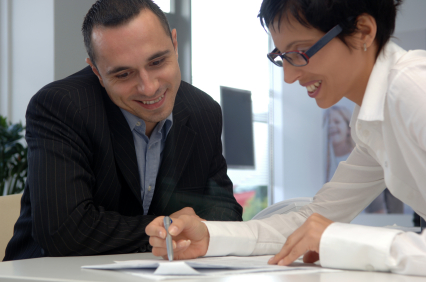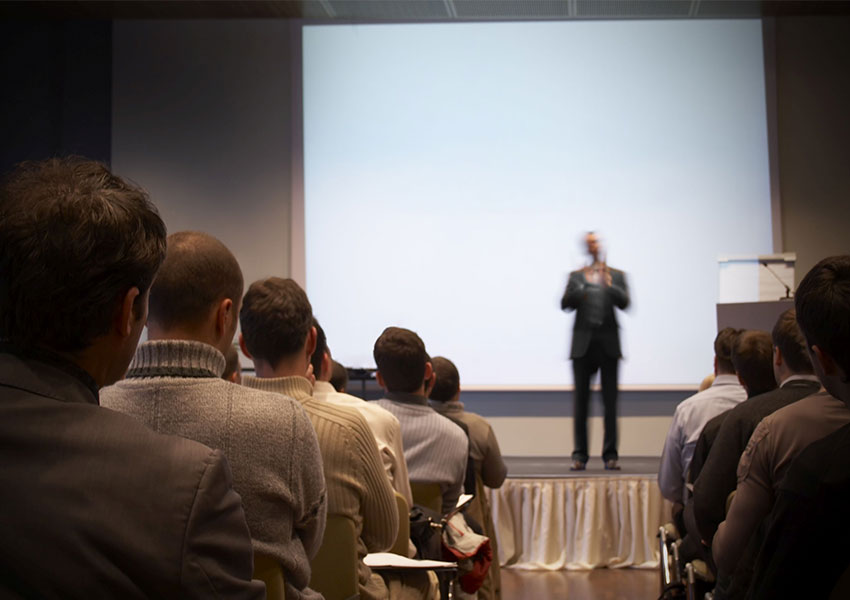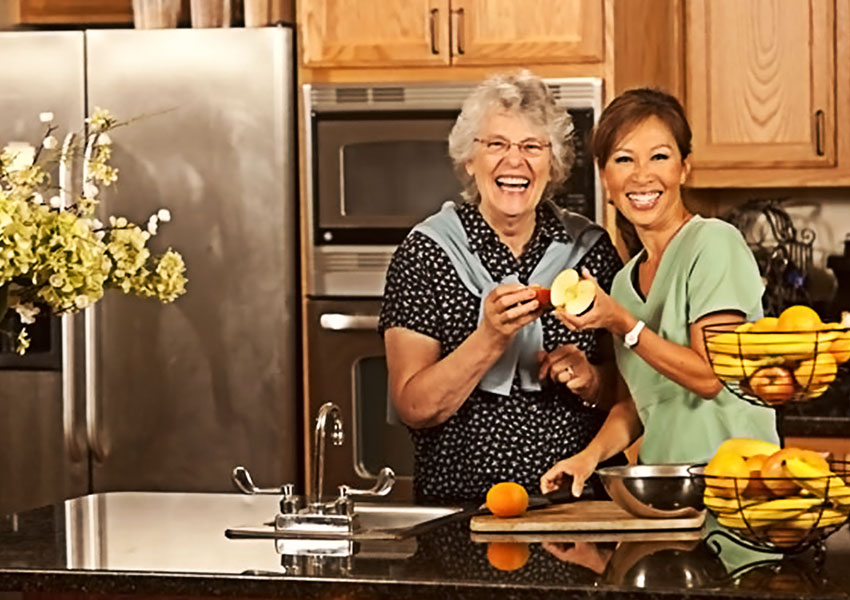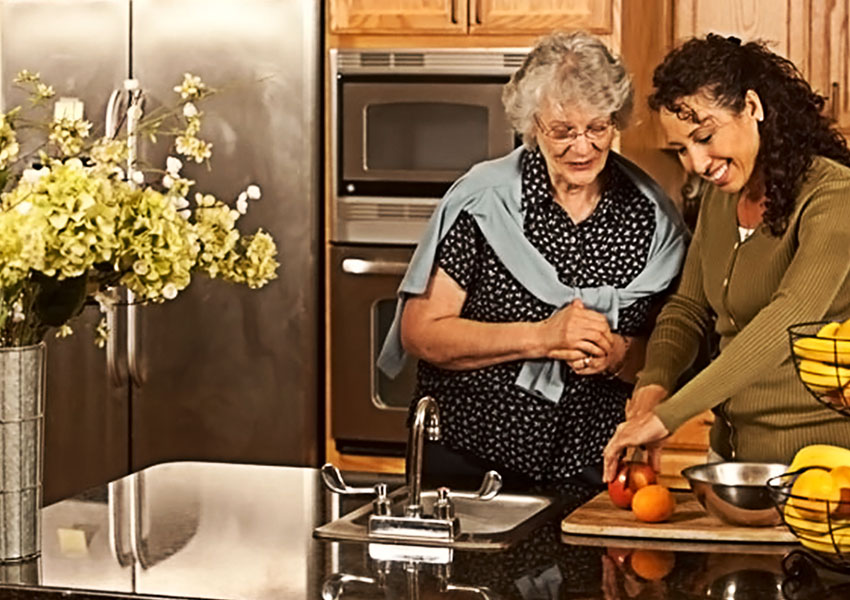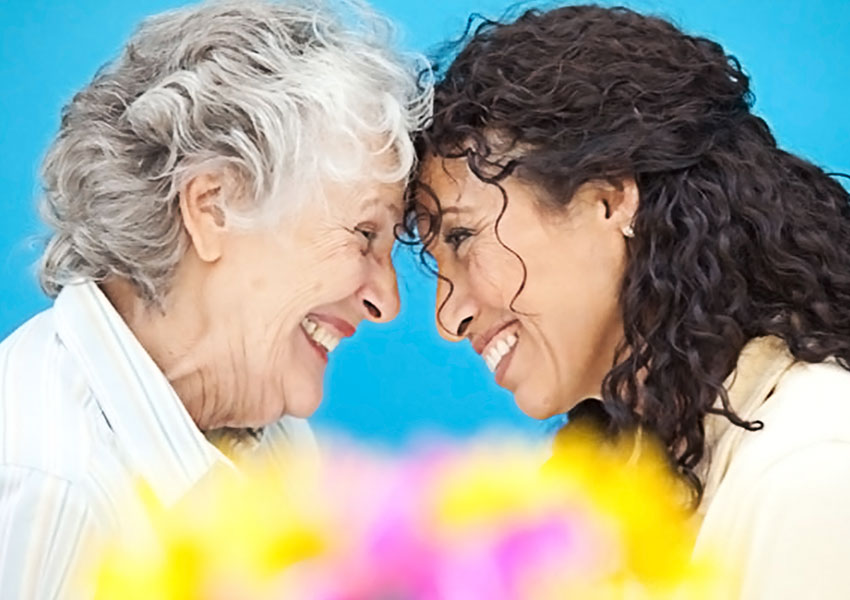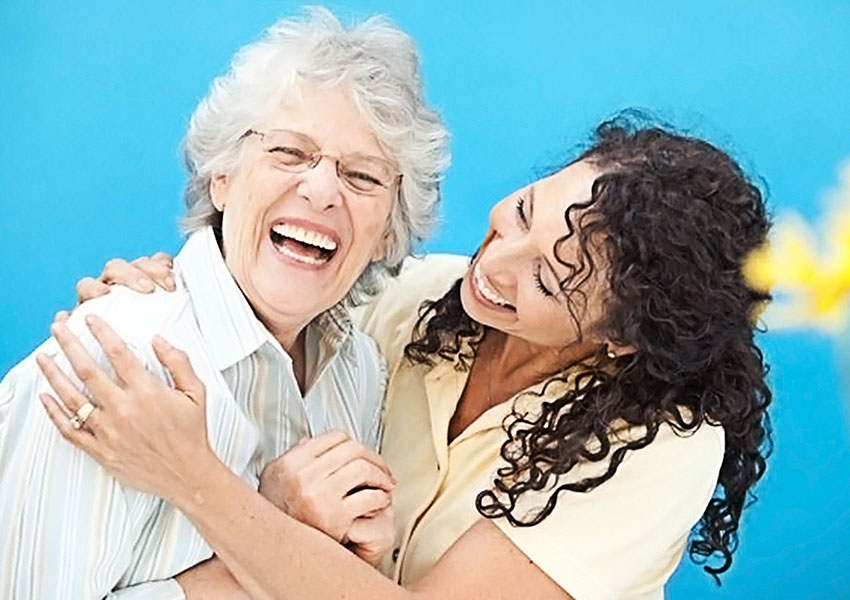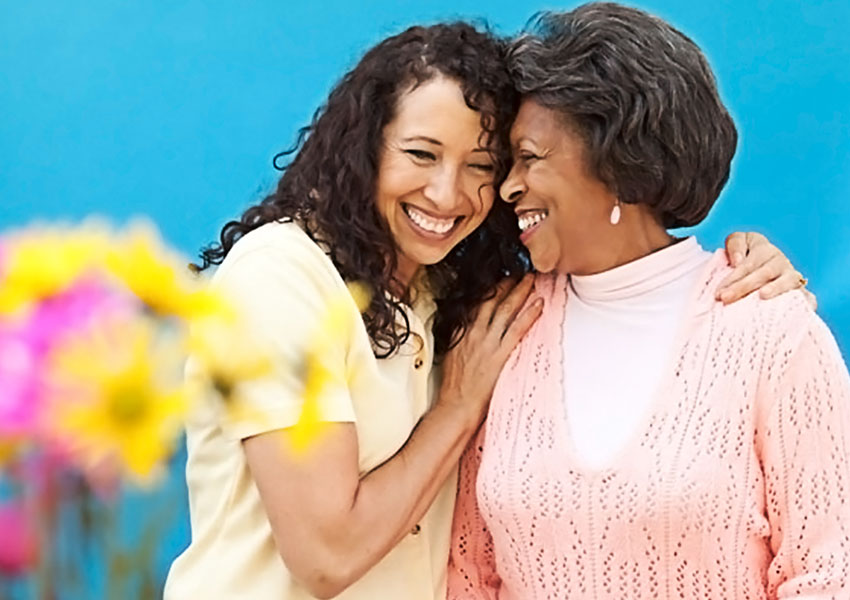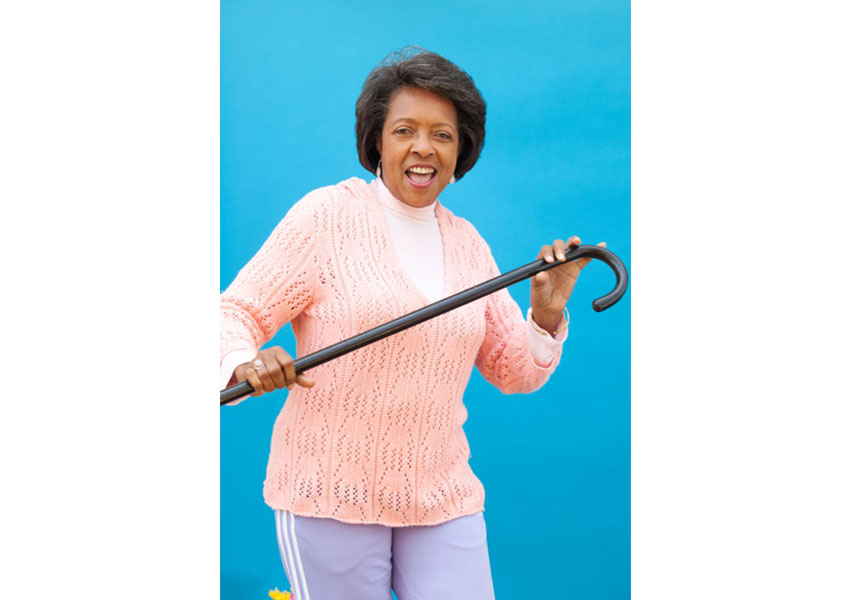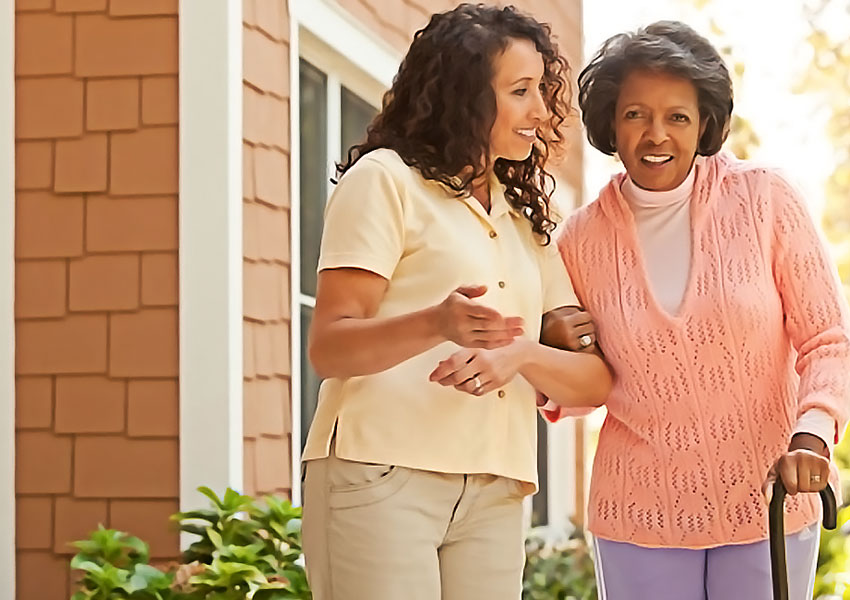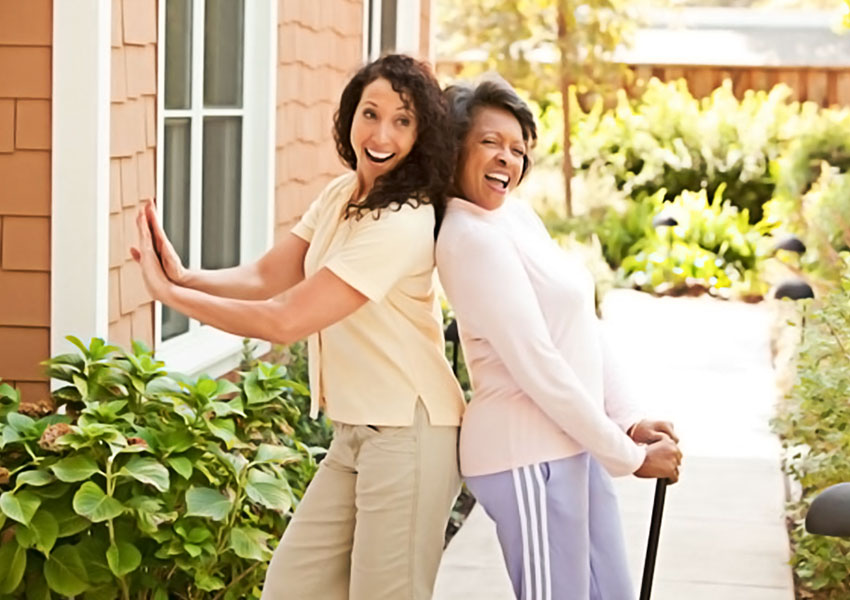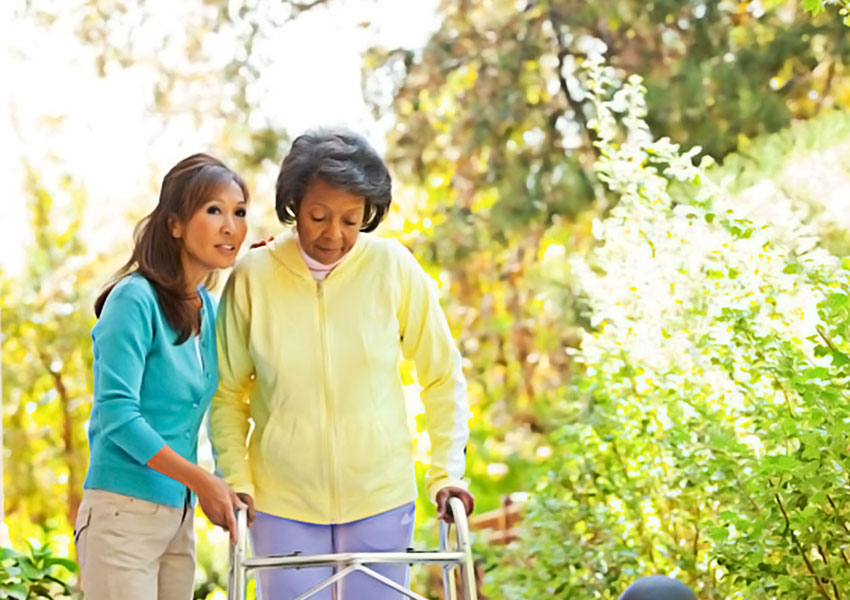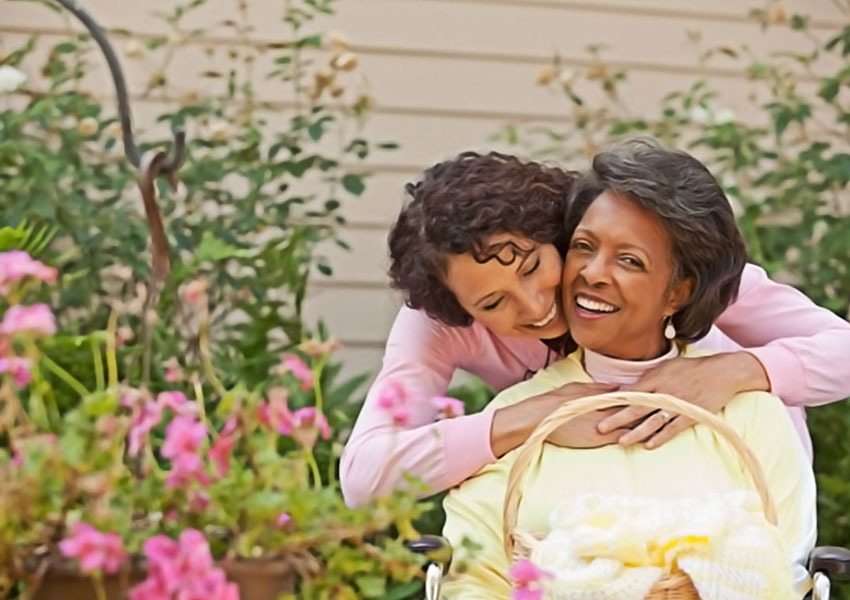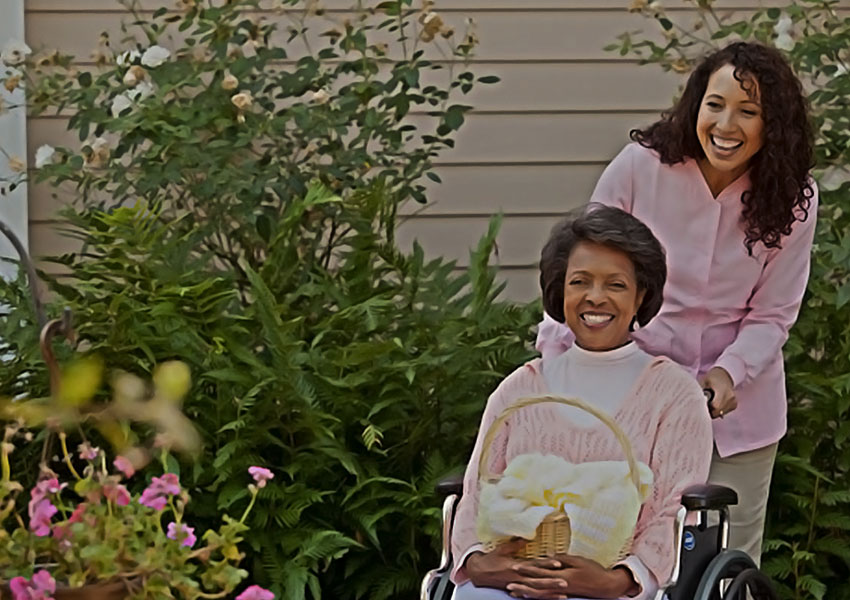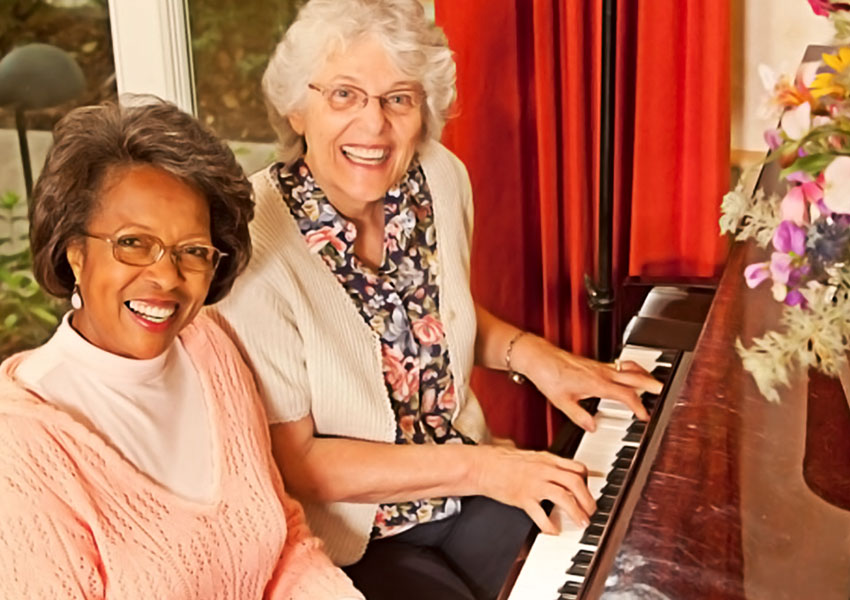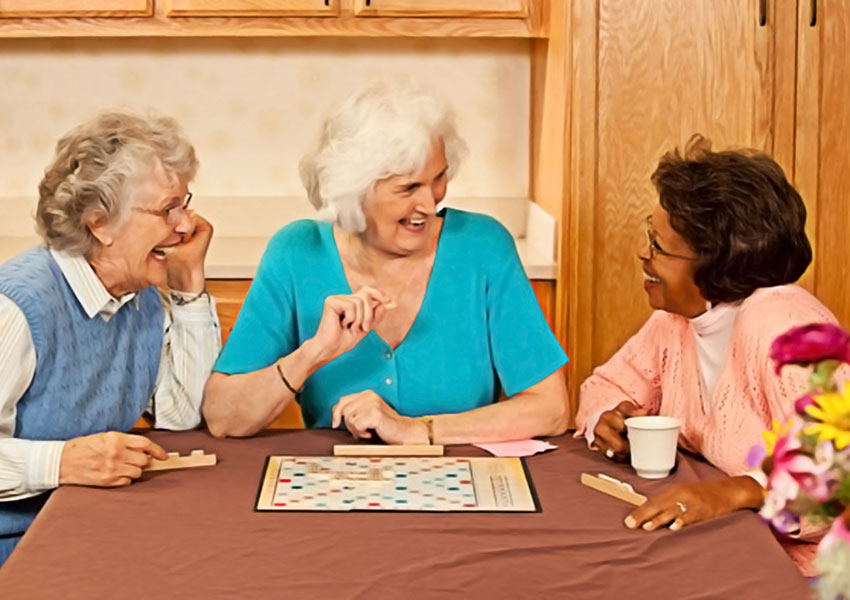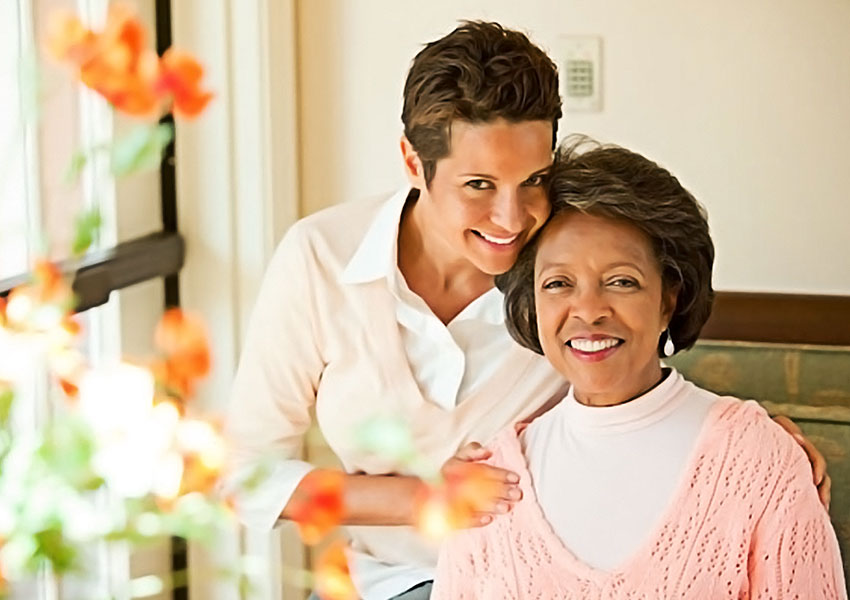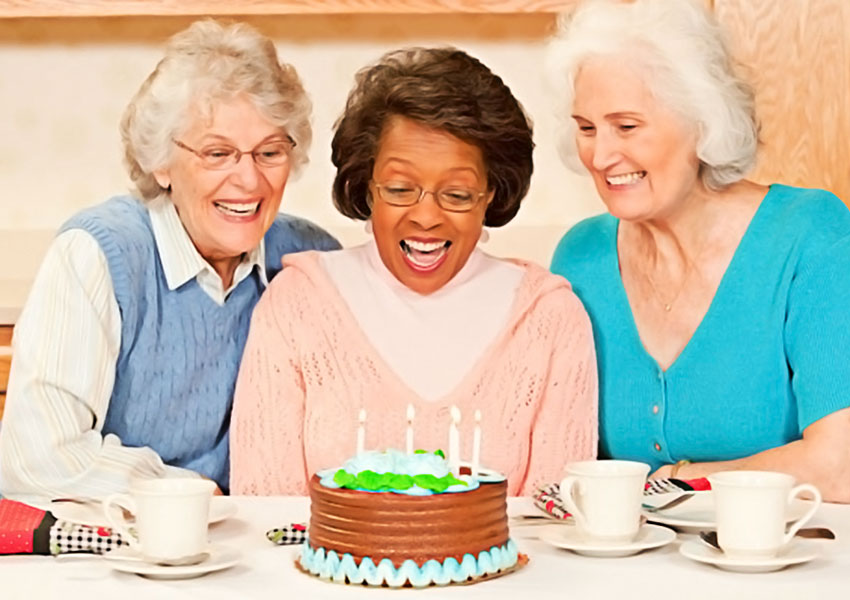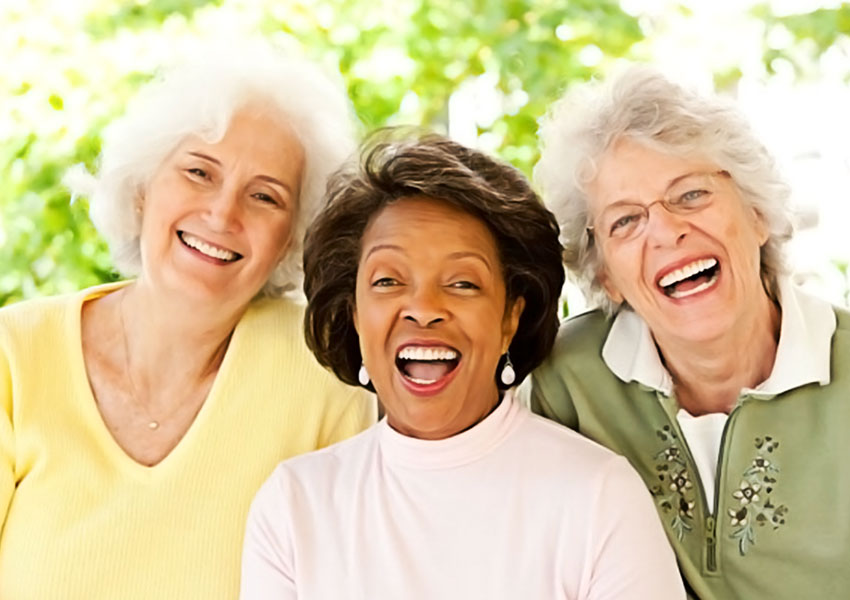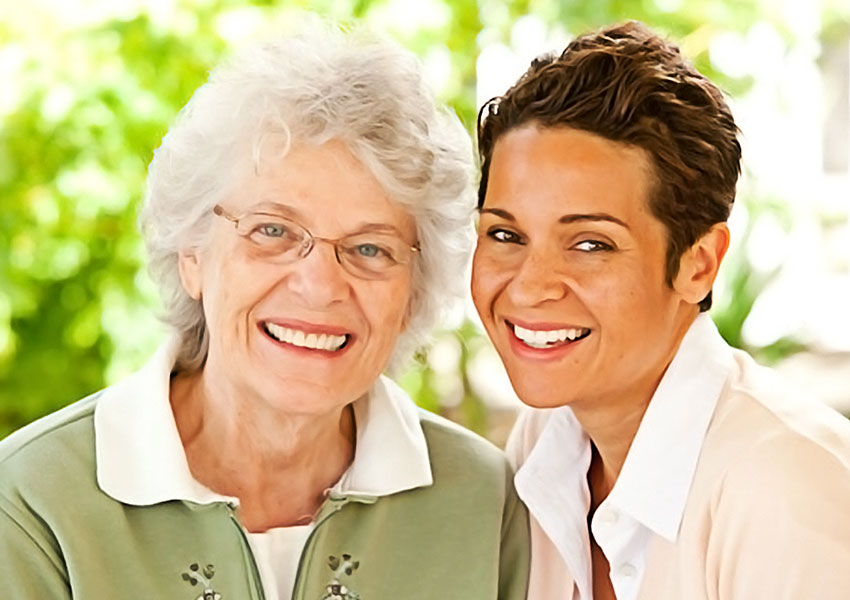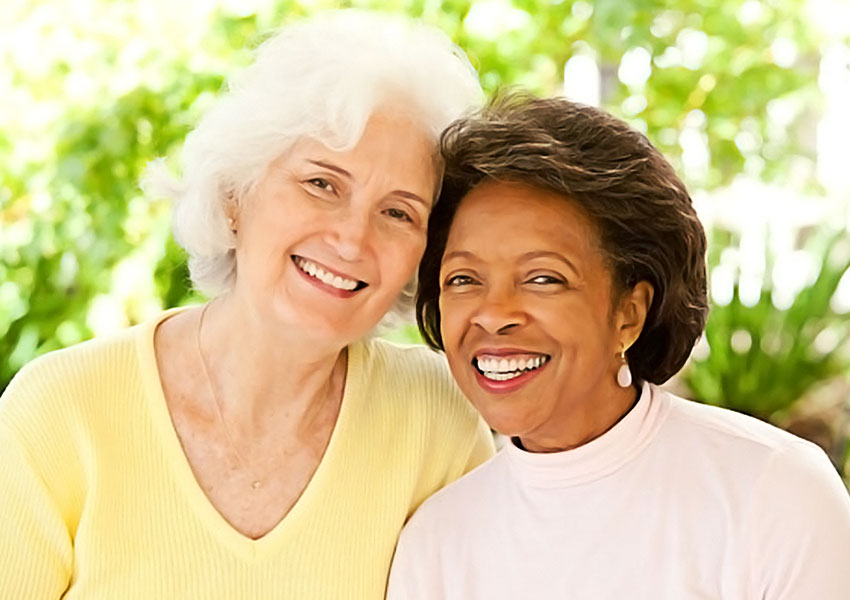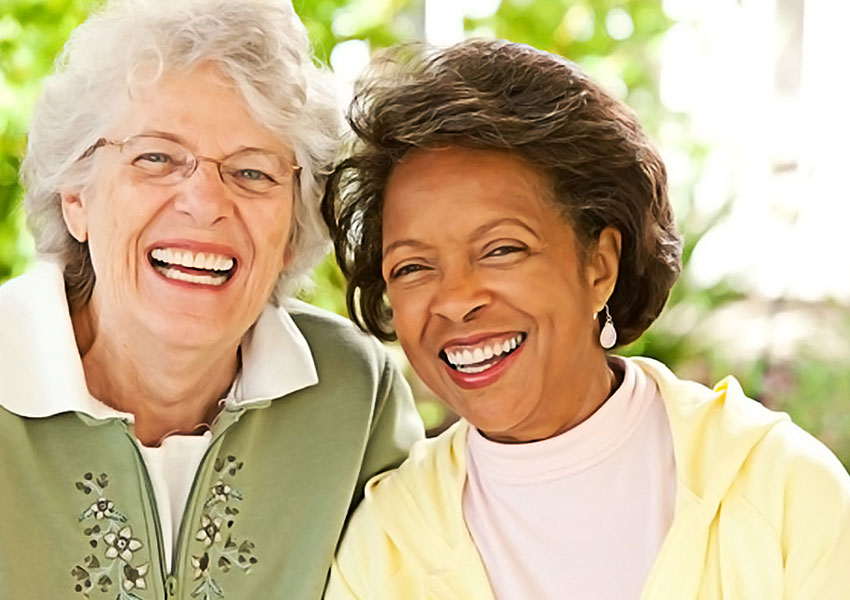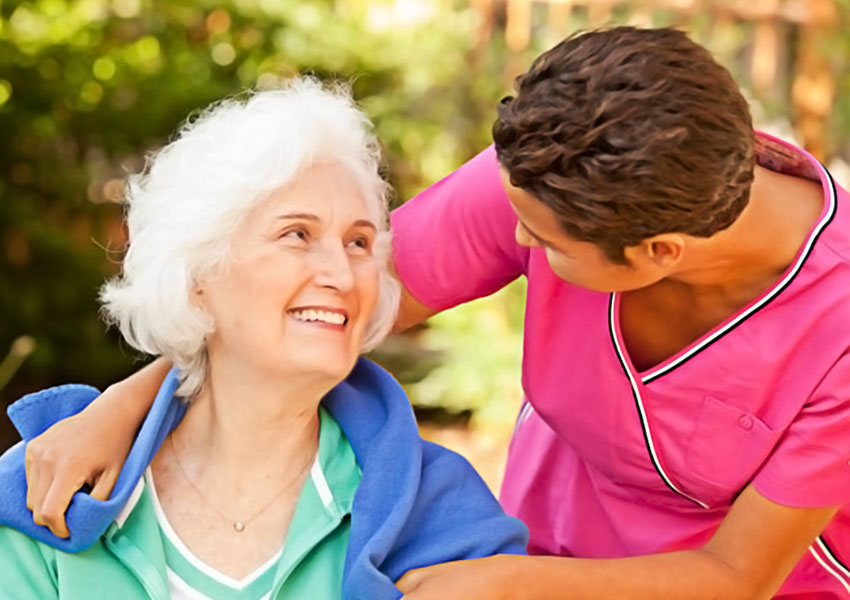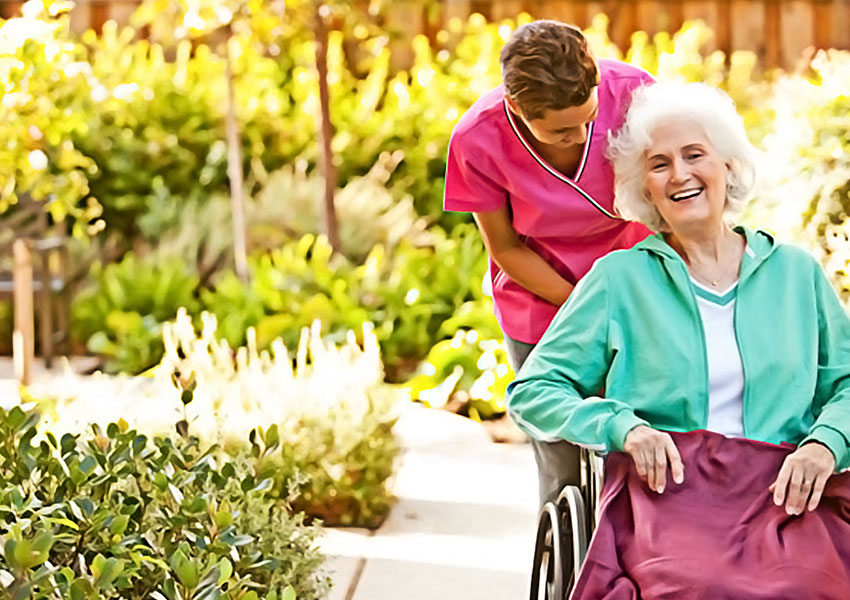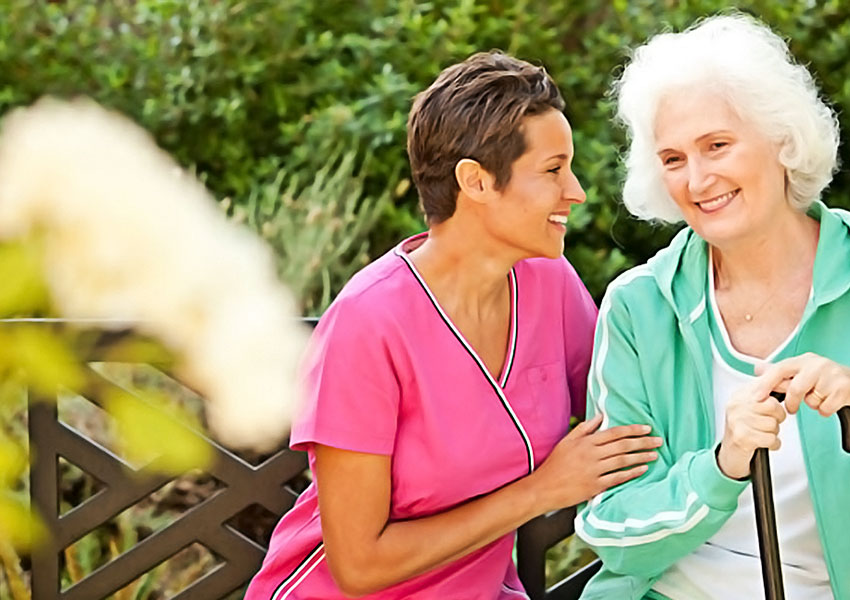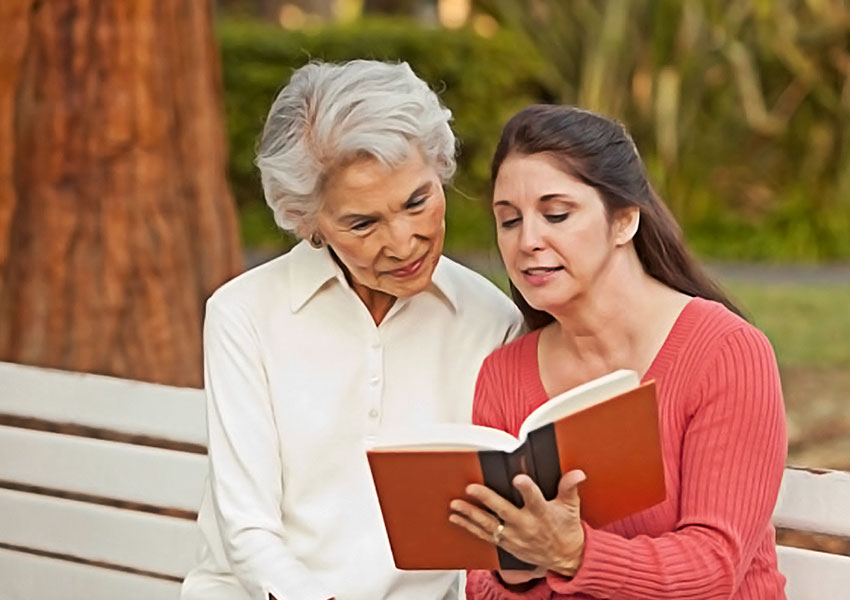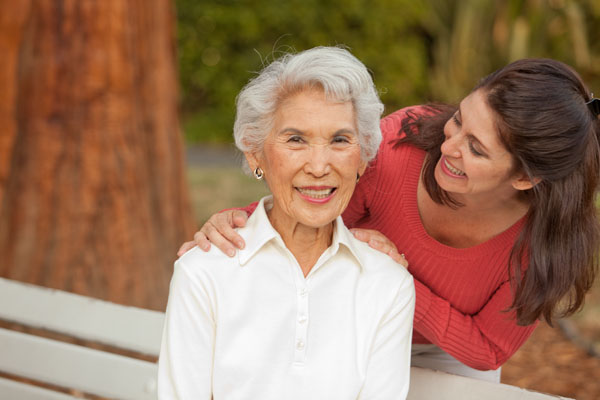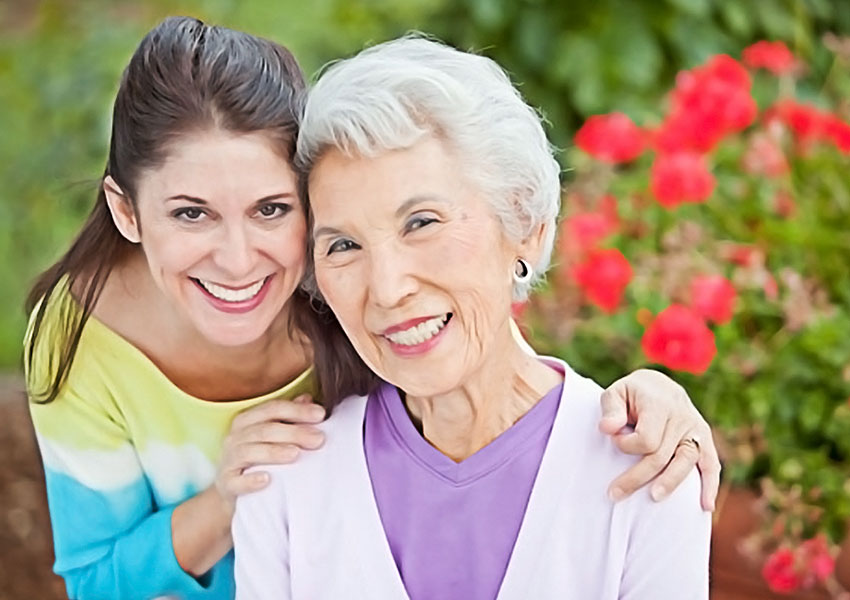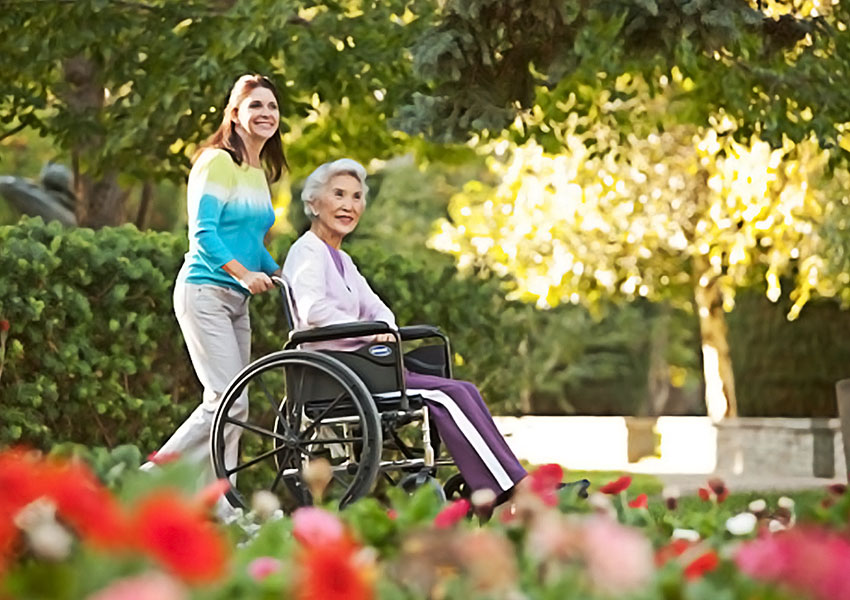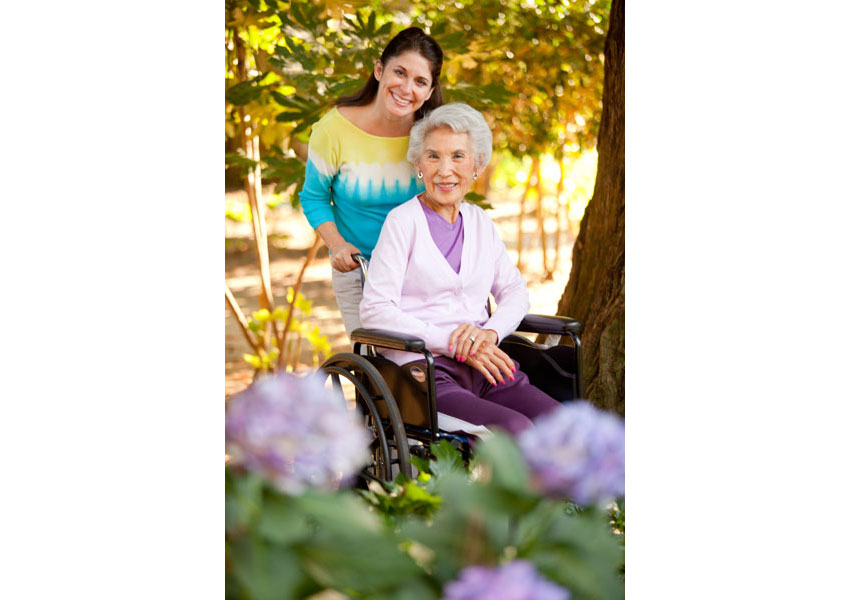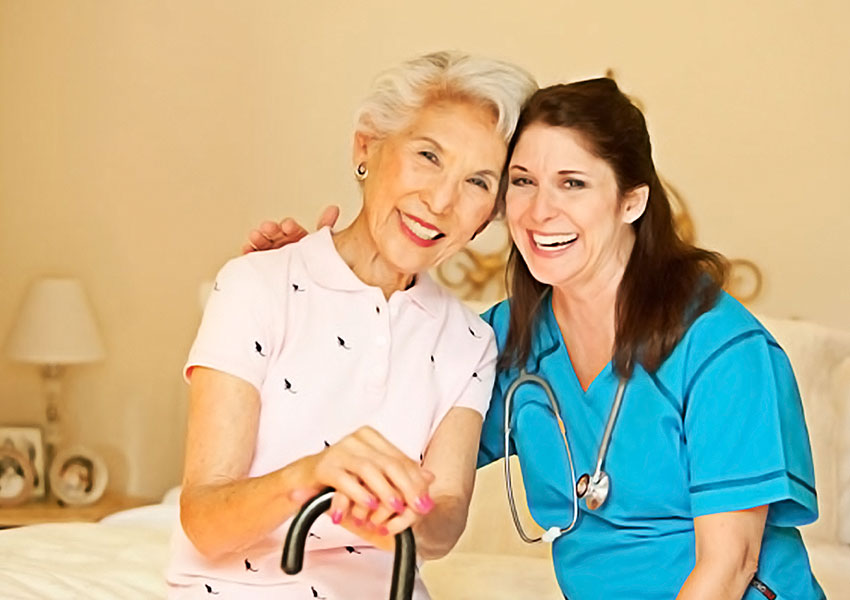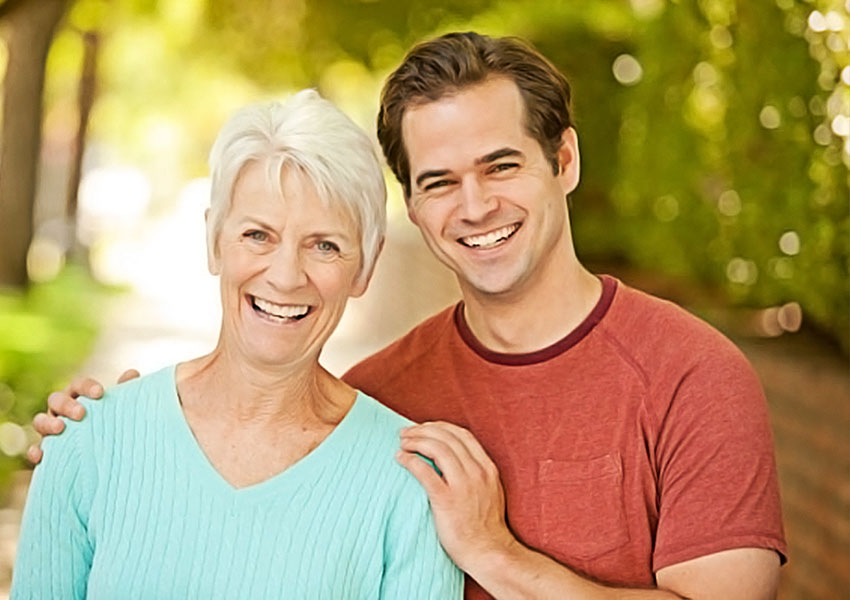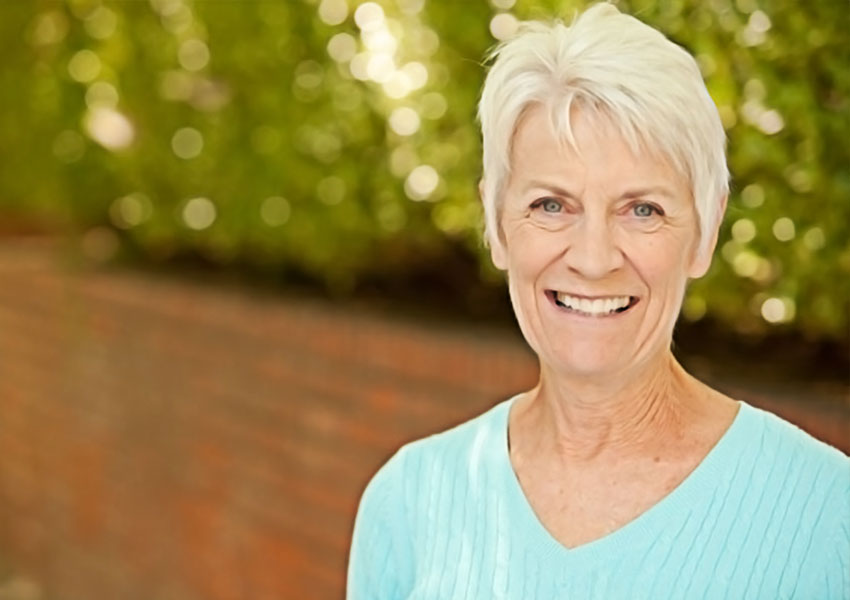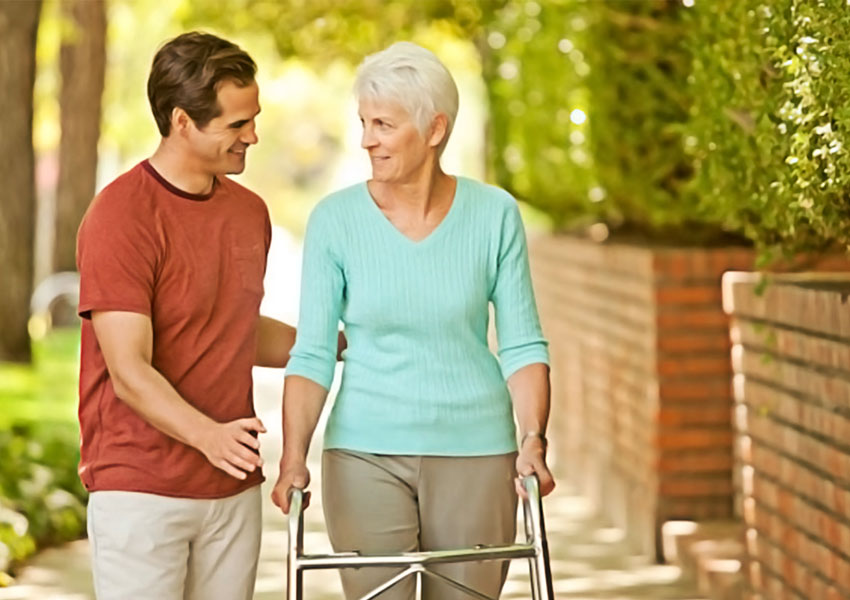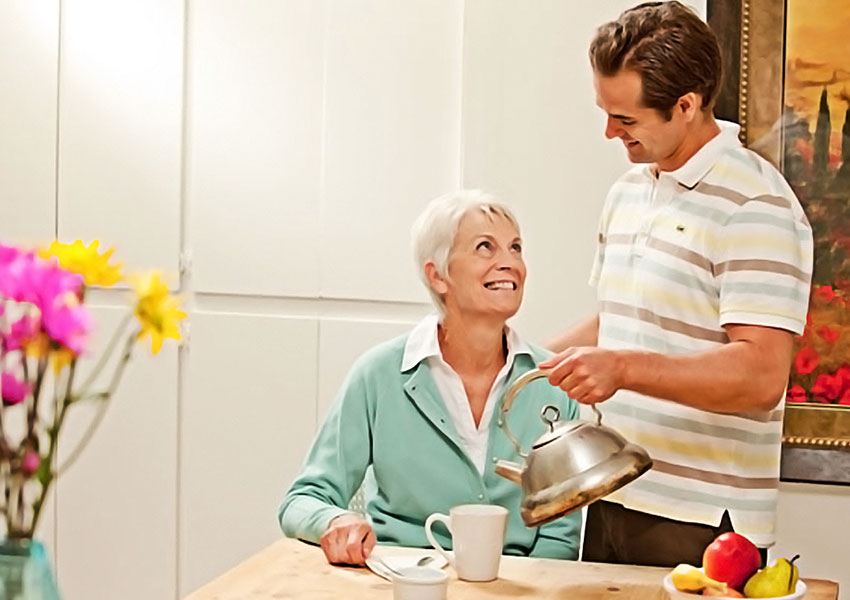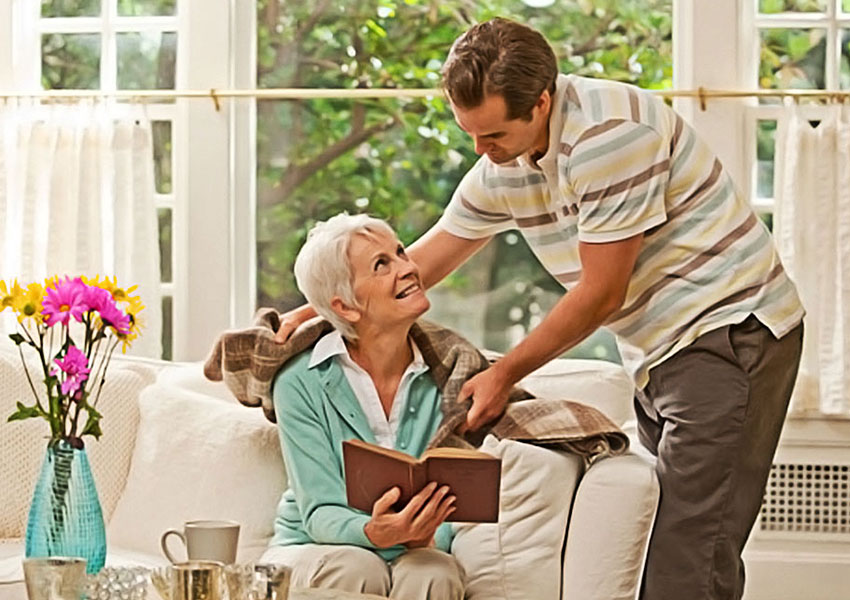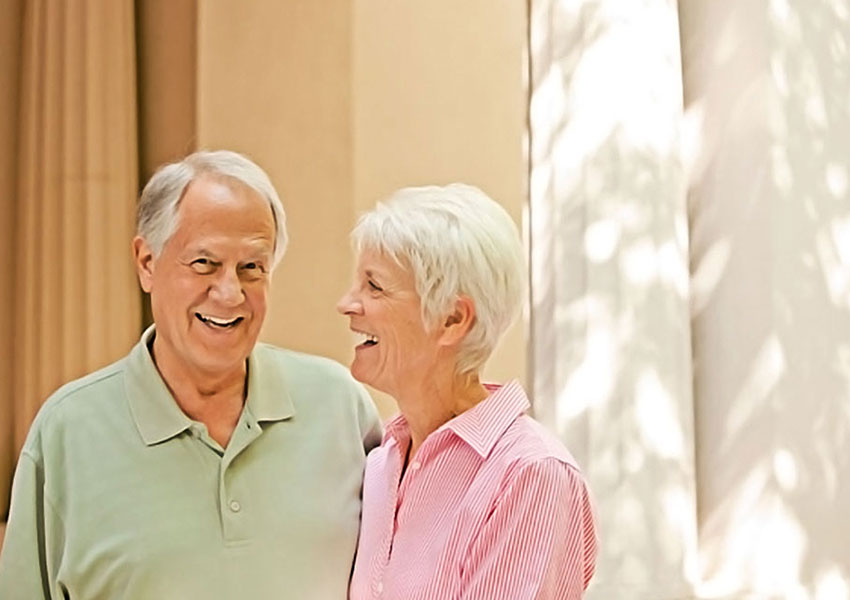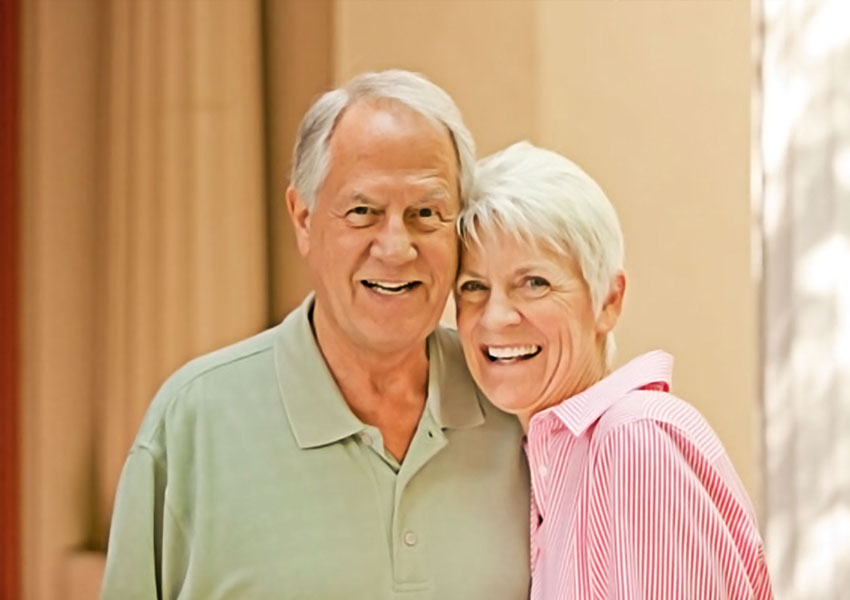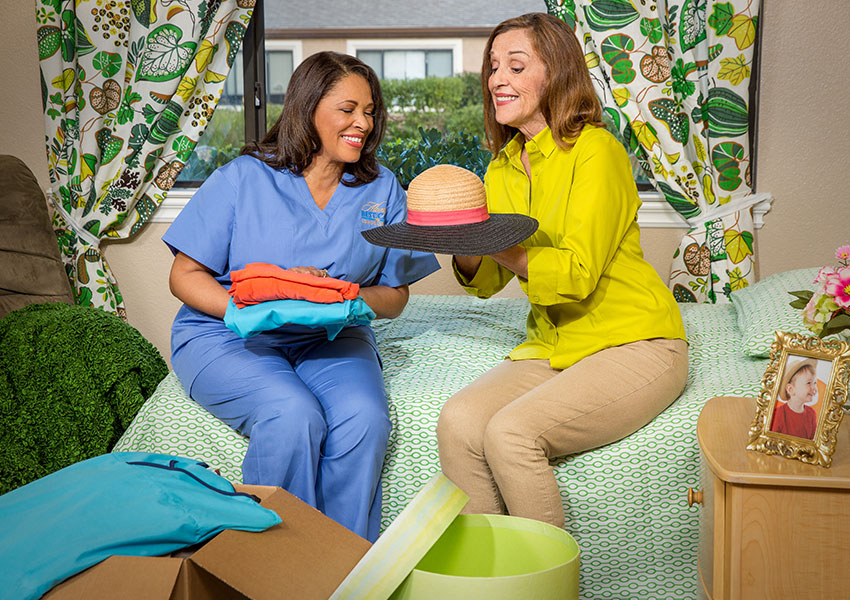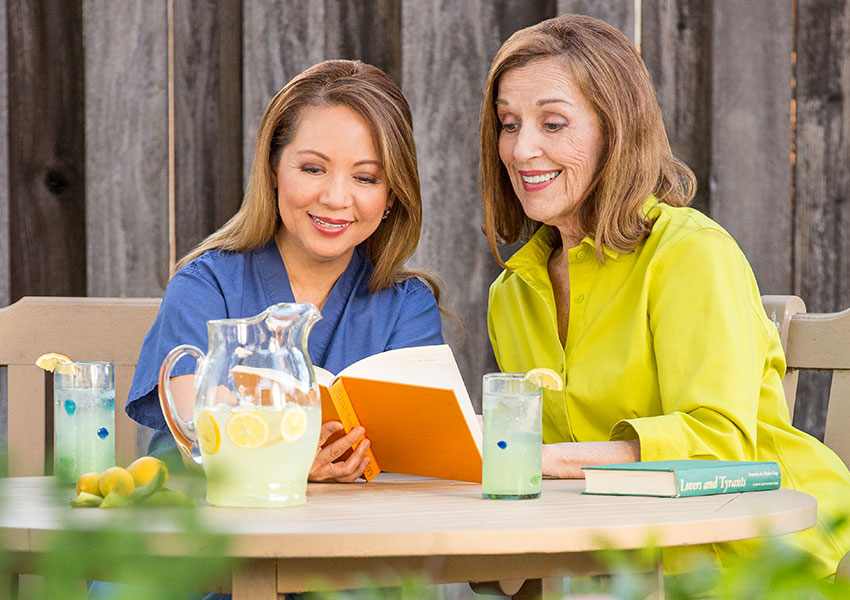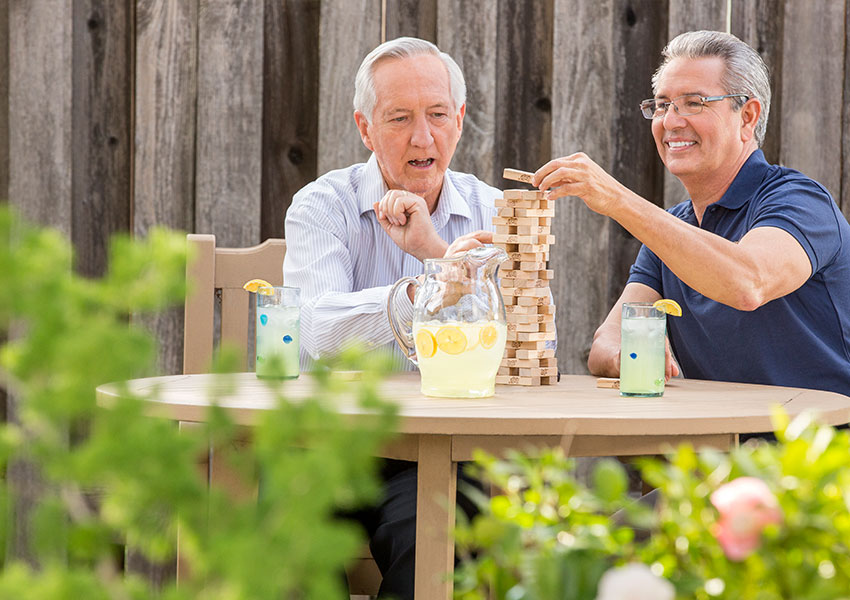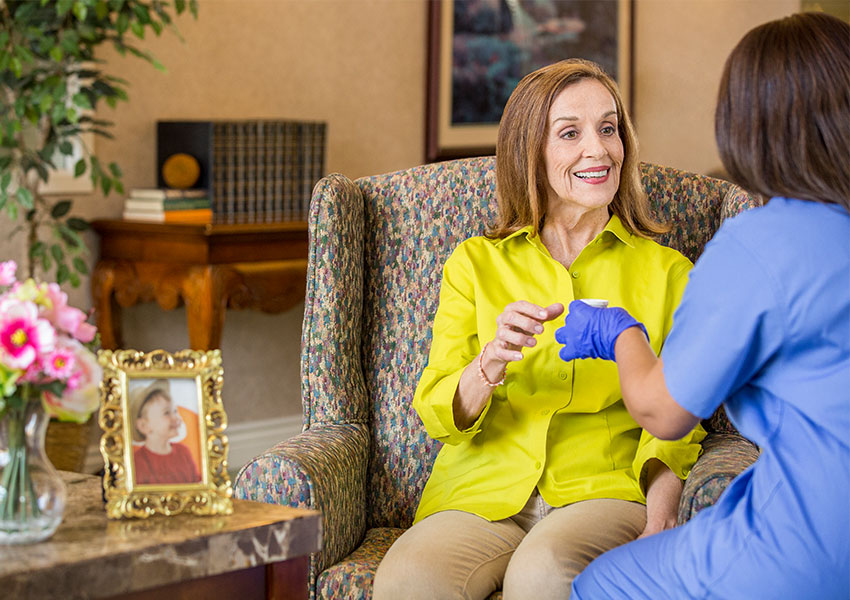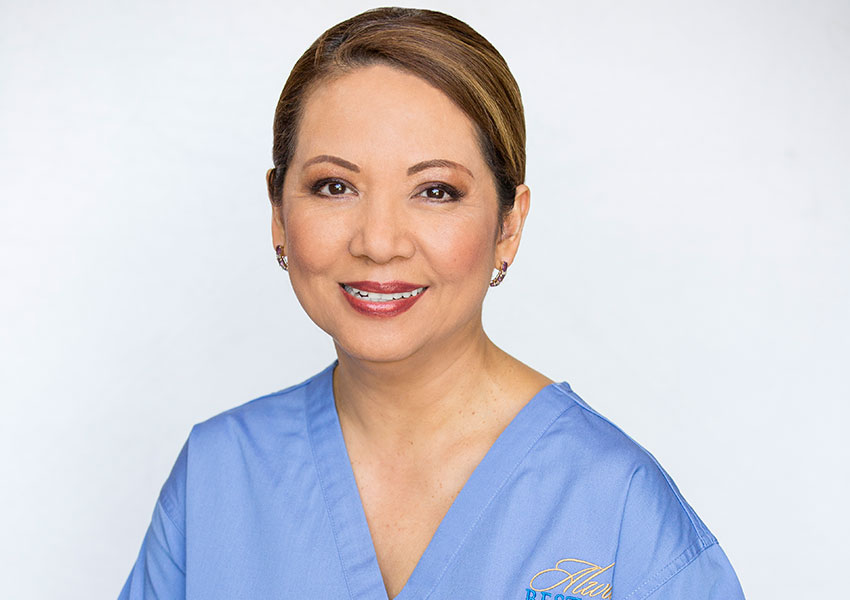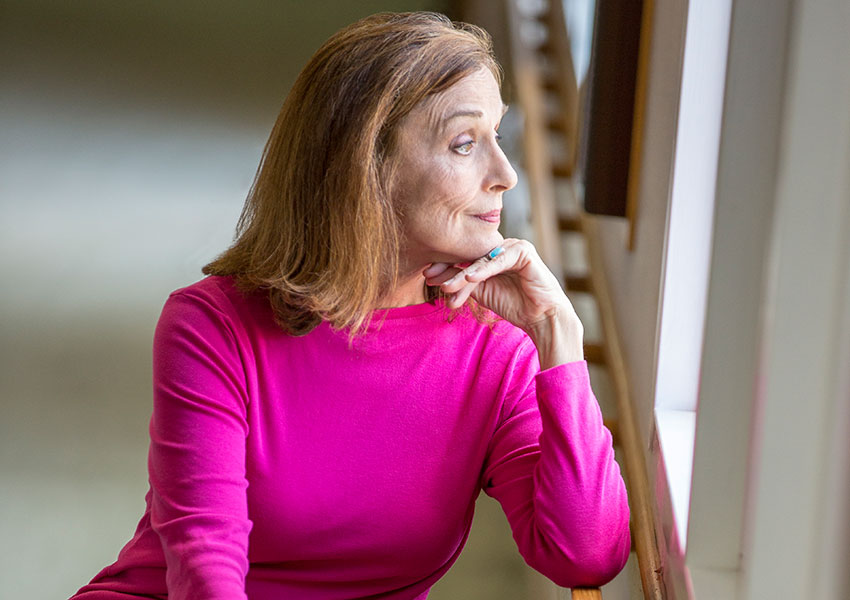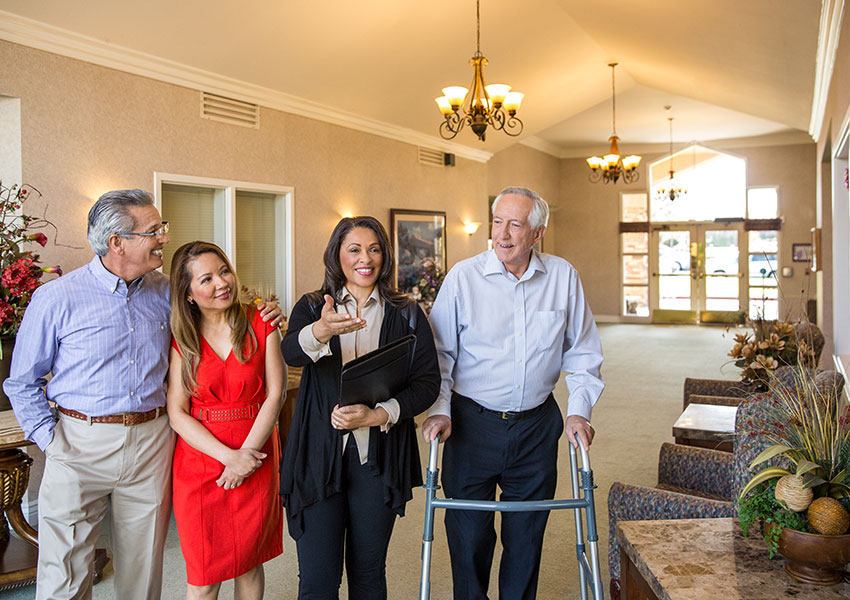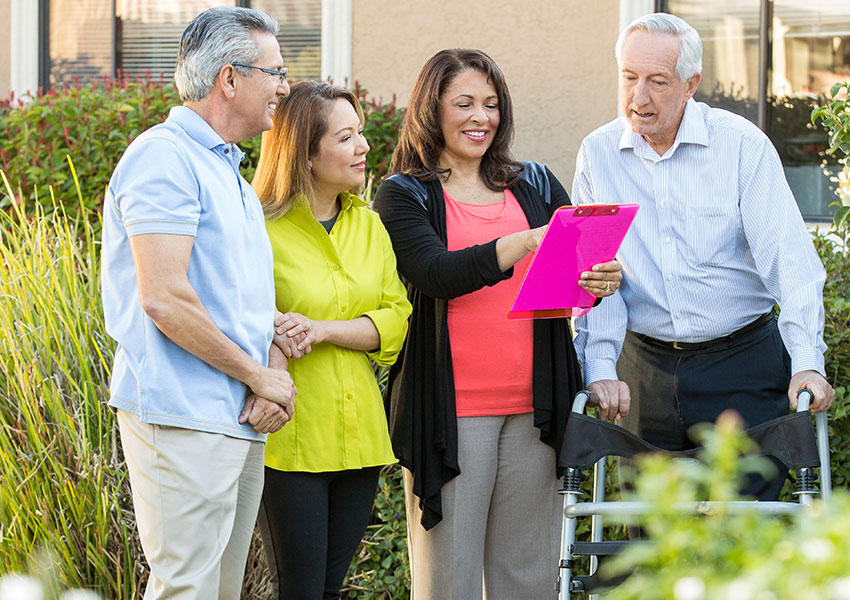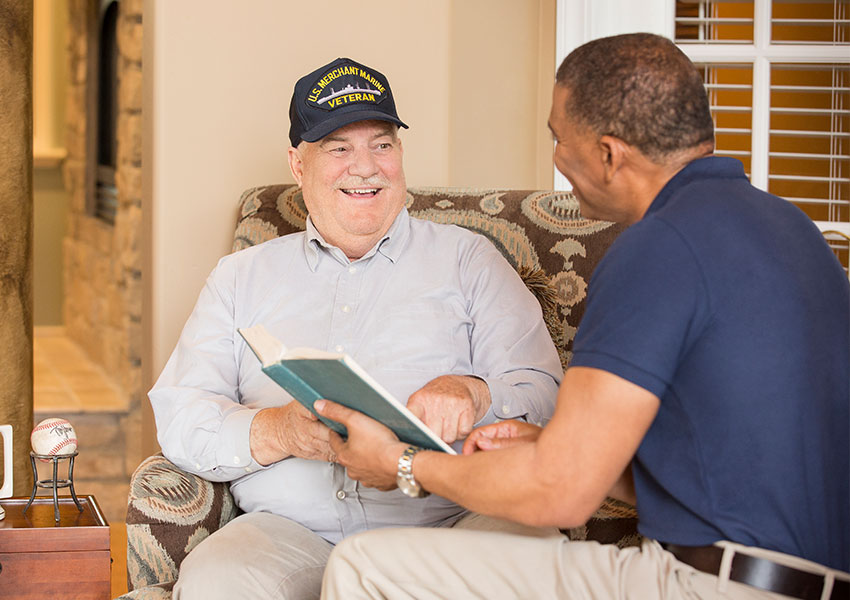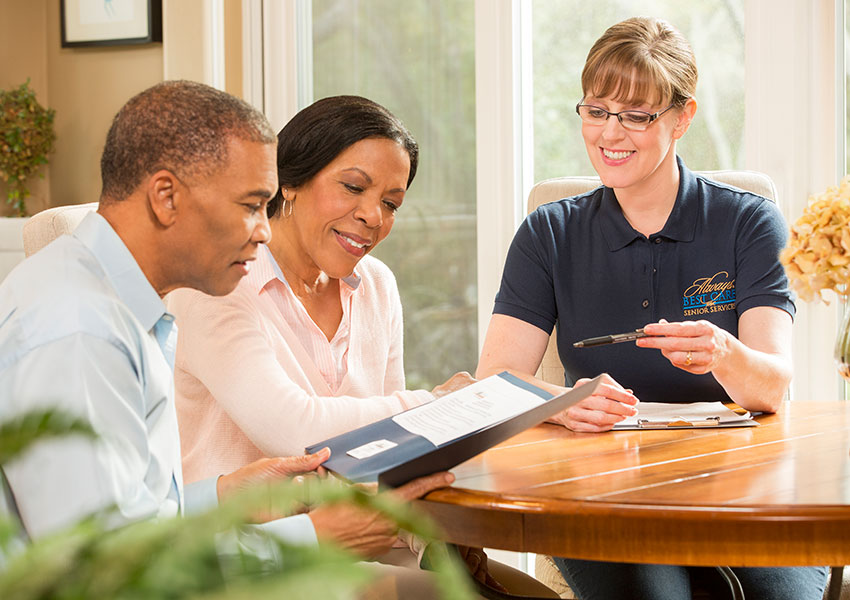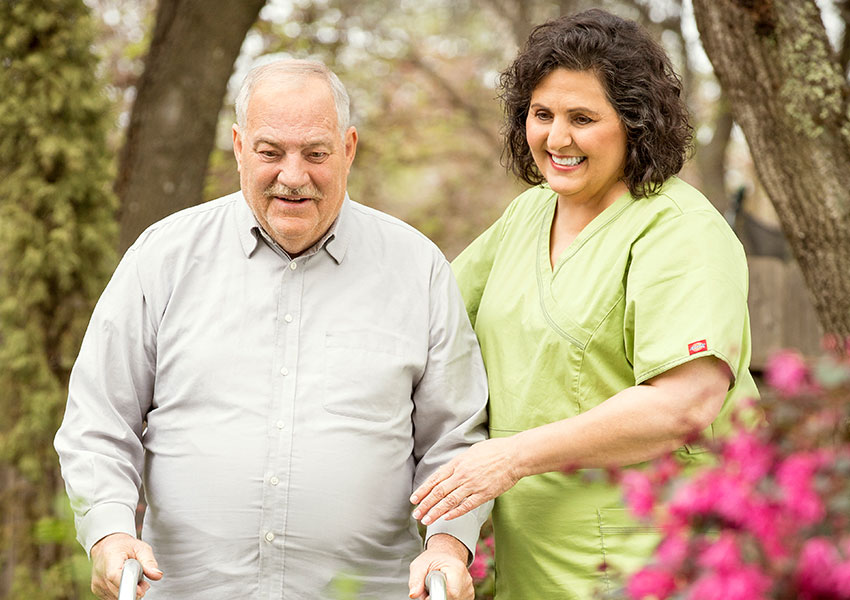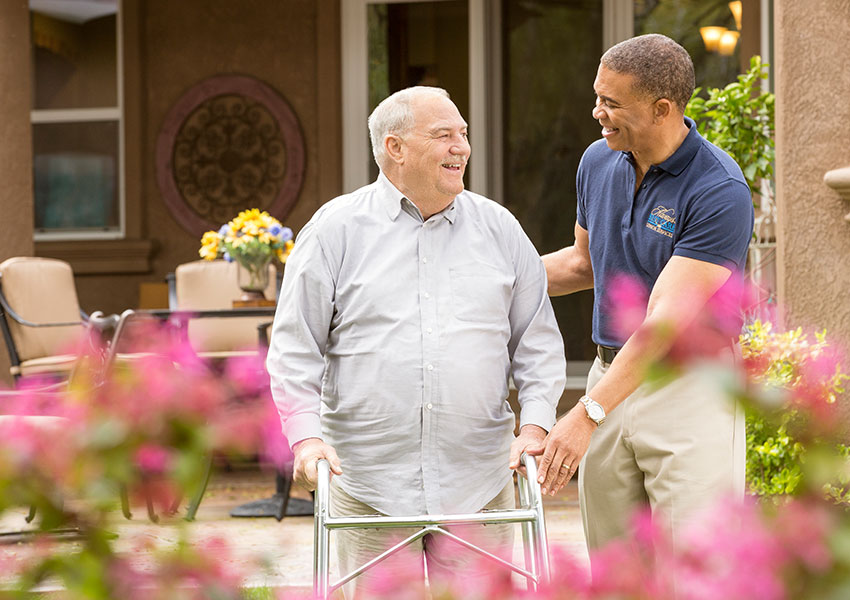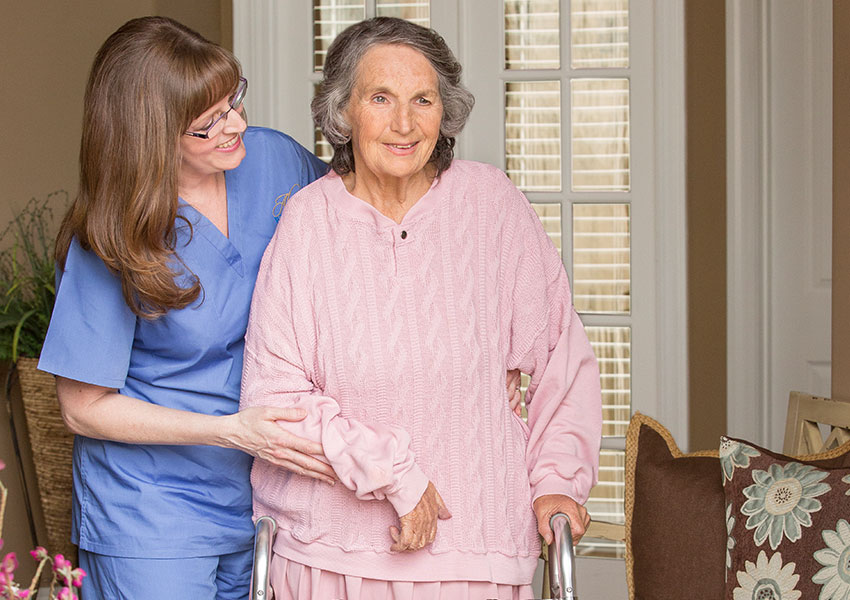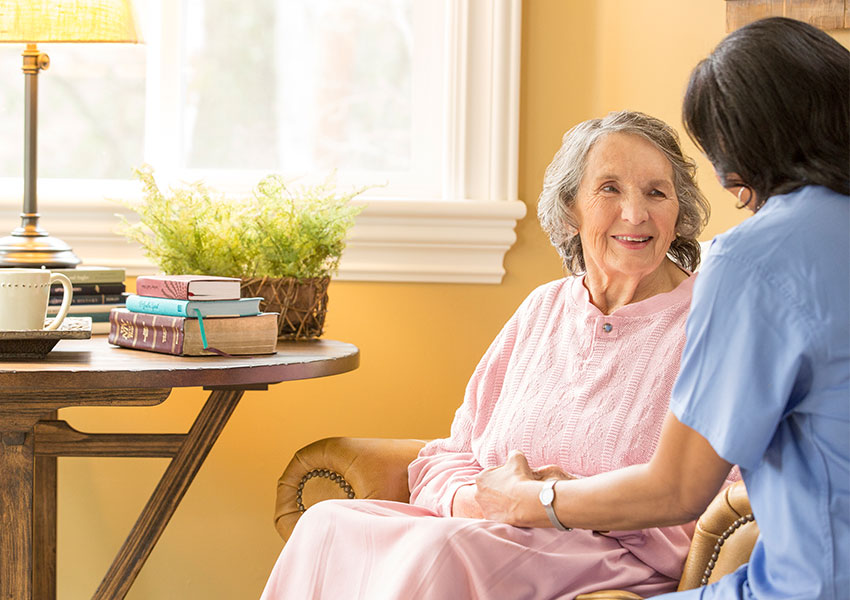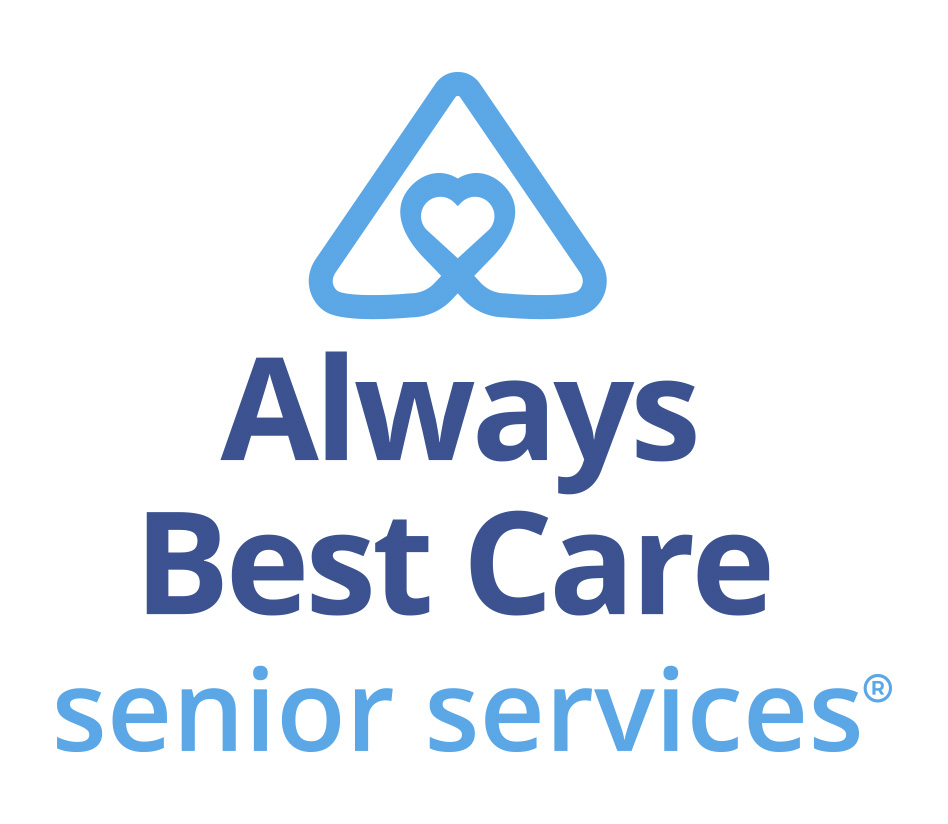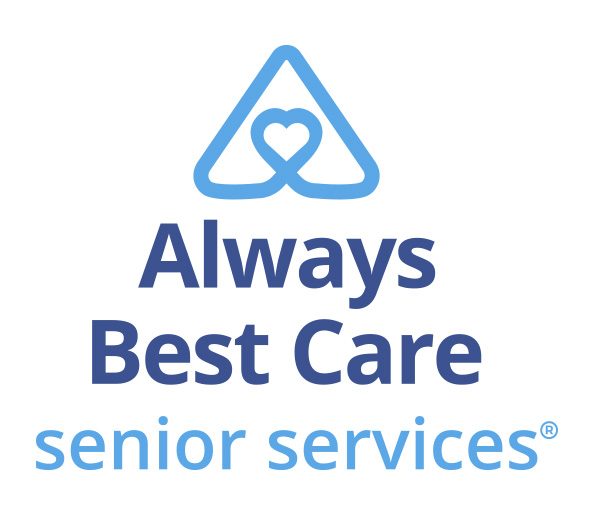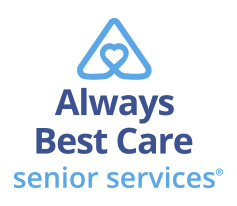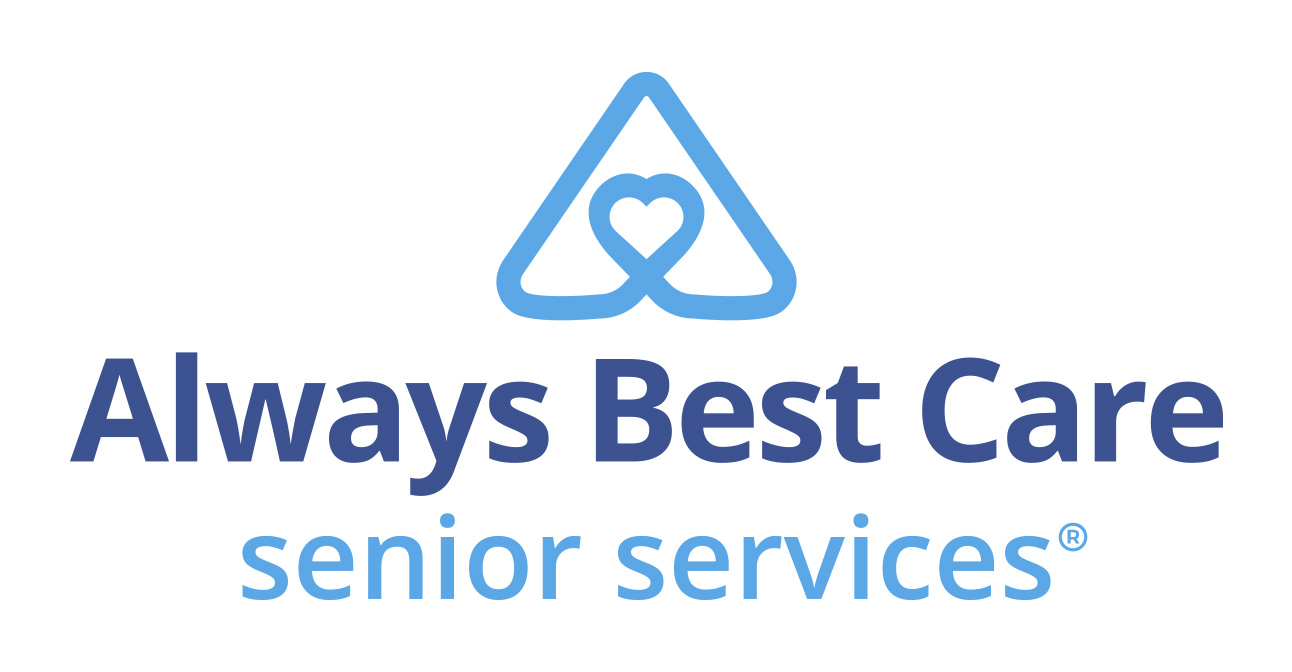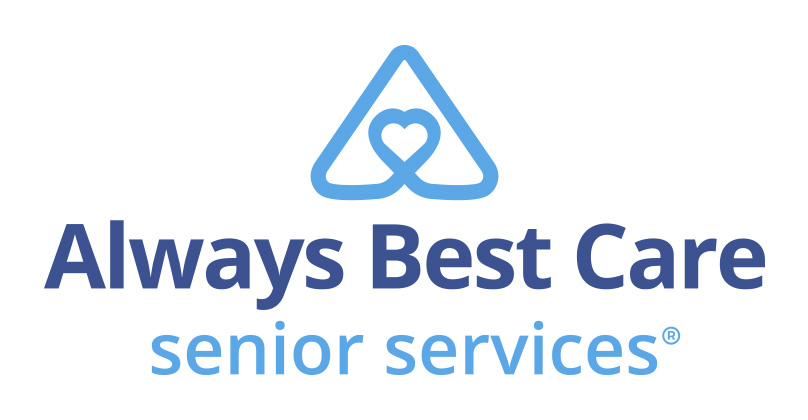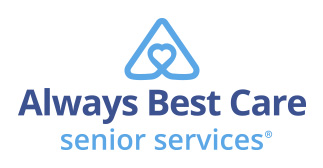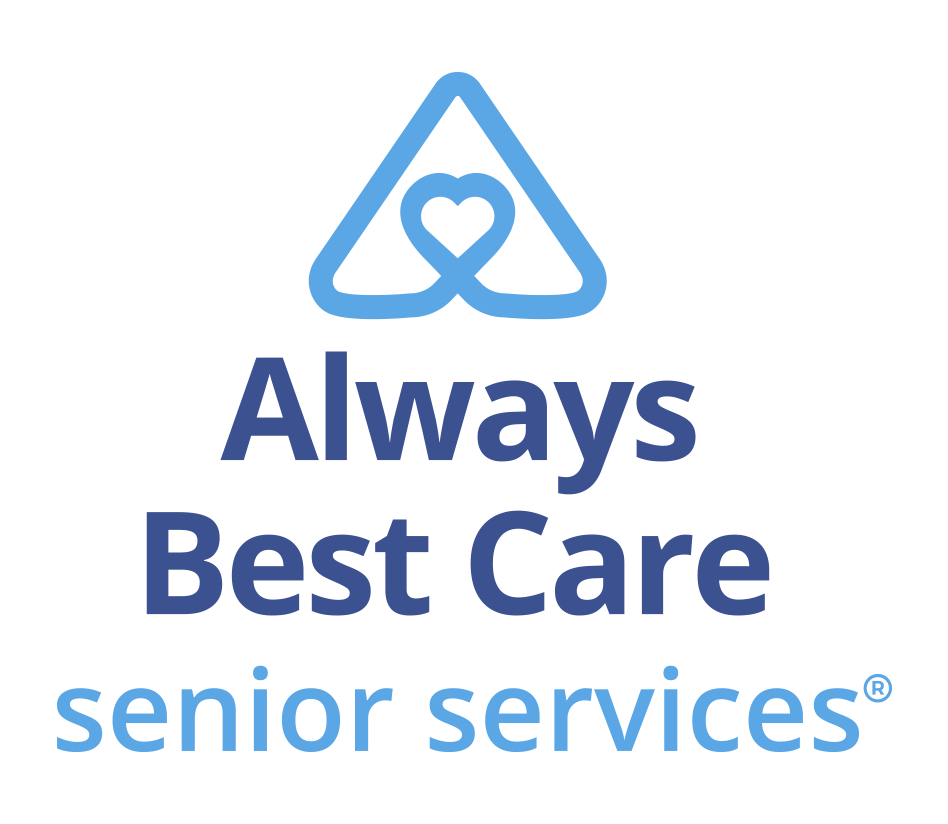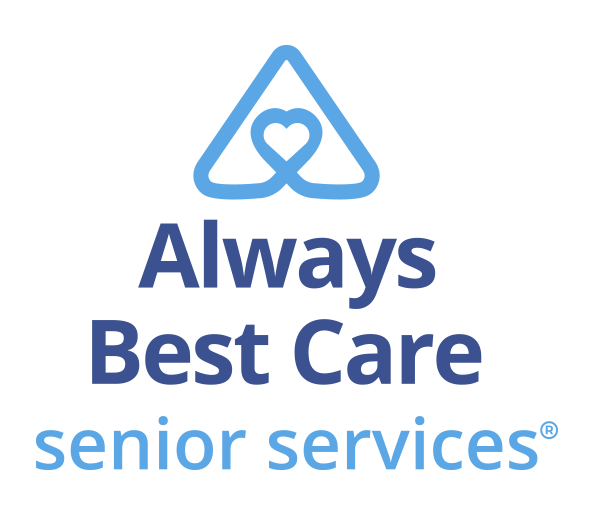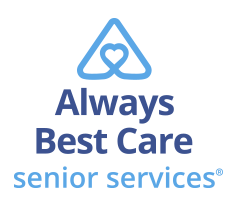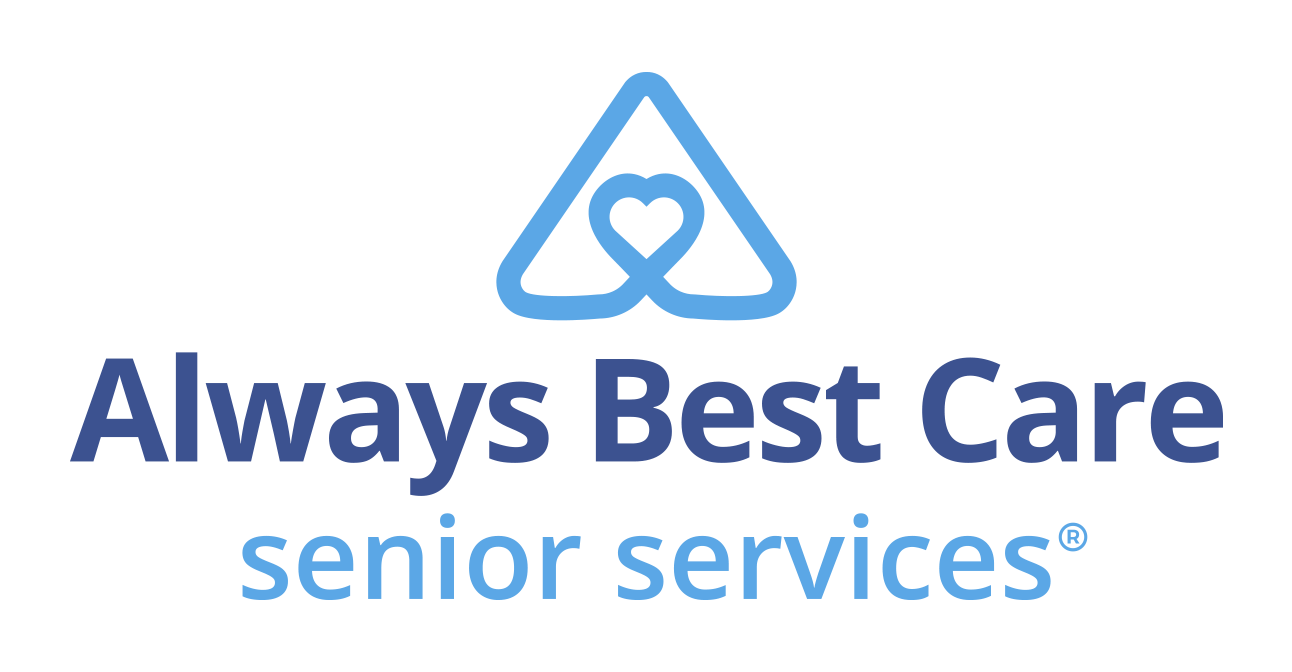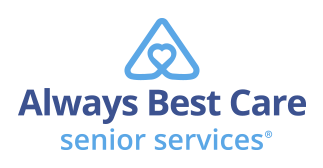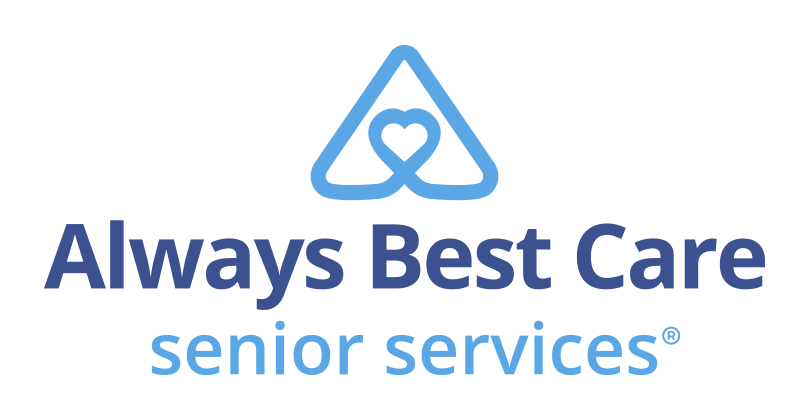 Technology rules our modern world, and one of the areas where tech is really having a huge impact is in the world of fitness. We are all, by now, familiar with devices like smartphones and tablets, but devices like wearable fitness trackers and heart-rate monitors are becoming as common as wristwatches and baseball caps. People everywhere are monitoring their heart rates, sleep levels, calorie counts, step counts and much more. And these devices are connected with the internet, allowing people to crunch the numbers and take full command over their fitness.
Technology rules our modern world, and one of the areas where tech is really having a huge impact is in the world of fitness. We are all, by now, familiar with devices like smartphones and tablets, but devices like wearable fitness trackers and heart-rate monitors are becoming as common as wristwatches and baseball caps. People everywhere are monitoring their heart rates, sleep levels, calorie counts, step counts and much more. And these devices are connected with the internet, allowing people to crunch the numbers and take full command over their fitness.
But what about seniors? The conventional wisdom is that seniors and technology don’t always mix well, but today’s older generation is proving that conventional wisdom wrong on a lot of counts with grandparents everywhere connecting with their families online through Facebook and other applications. Perhaps fitness trackers and other health-related technologies can help an older loved one in your life. But how can you be sure?
Fitness Technology and Seniors — A Good Match for Better Health?
Wearable fitness trackers and other such devices are most popular among younger generations, which should be no surprise. About one third of people between the ages of 25 and 34 use these devices on a regular basis, and they set the standard for today’s tech-driven culture.
Why do they use these devices?
- Motivation
- Access to accurate data to help plan workouts
- Connecting (and competing) with friends and others through online interfaces
- Goal monitoring
- Access to tools to reduce stress
As you can see, these reasons don’t necessarily have to be limited to people below retirement age — everyone could benefit from the ability of fitness technologies based on the reasons stated above. And for seniors who want to stay fit, wearables and other fitness-based tech devices could be the answer to staving off an unfit, sedentary lifestyle.
A Great Way to Help Seniors Stay Fit
Exercise is important for everyone, but it’s particularly important for seniors. Regular physical activity benefits the body in numerous ways, building muscles and maintaining strong bones and a healthy cardiovascular system, which is key to staying healthy in the “golden years” of life. For seniors, motivation is often an issue, which is one of the main reasons why fitness trackers and other such devices can be so helpful. These devices can also help caregivers and family members take on a more active, motivating role in the health of the seniors under their care.
Exercise benefits the brain, too, which is good to know for those who are concerned about diseases such as Alzheimer’s and other forms of dementia. And when a fitness tracker is involved, it can stimulate the brain in ways that wouldn’t be possible otherwise.
Helping a Senior Loved One Use Fitness Technology
There might be a bit of a learning curve when it comes to getting a senior loved one to take advantage of fitness trackers and other types of fitness tech.
However, you can be of tremendous help!
Assist your senior loved one with the purchase of a tracker that they can understand. Help them set it up properly and get signed in with the appropriate online apps. Go through the steps that are necessary to track activity. In most cases, the simpler the device, the better. For example, it’s best for seniors to use devices that track fitness automatically without requiring too much fussing with buttons or screens.
Check in with your loved one from time to time to see how the device is working. Look at the data with them, too, and help them set goals. This is a great way to help your senior loved one stay fit and active; but it’s also a wonderful way to bond and work together on something that will help them get much more out of life!
Learn More From Always Best Care
Are you wondering how you can get more assistance for an active loved one who is aging in place? Let Always Best Care help! Call us today at 1 (855) 470-CARE (2273) to learn how our amazingly compassionate caregivers can help.
